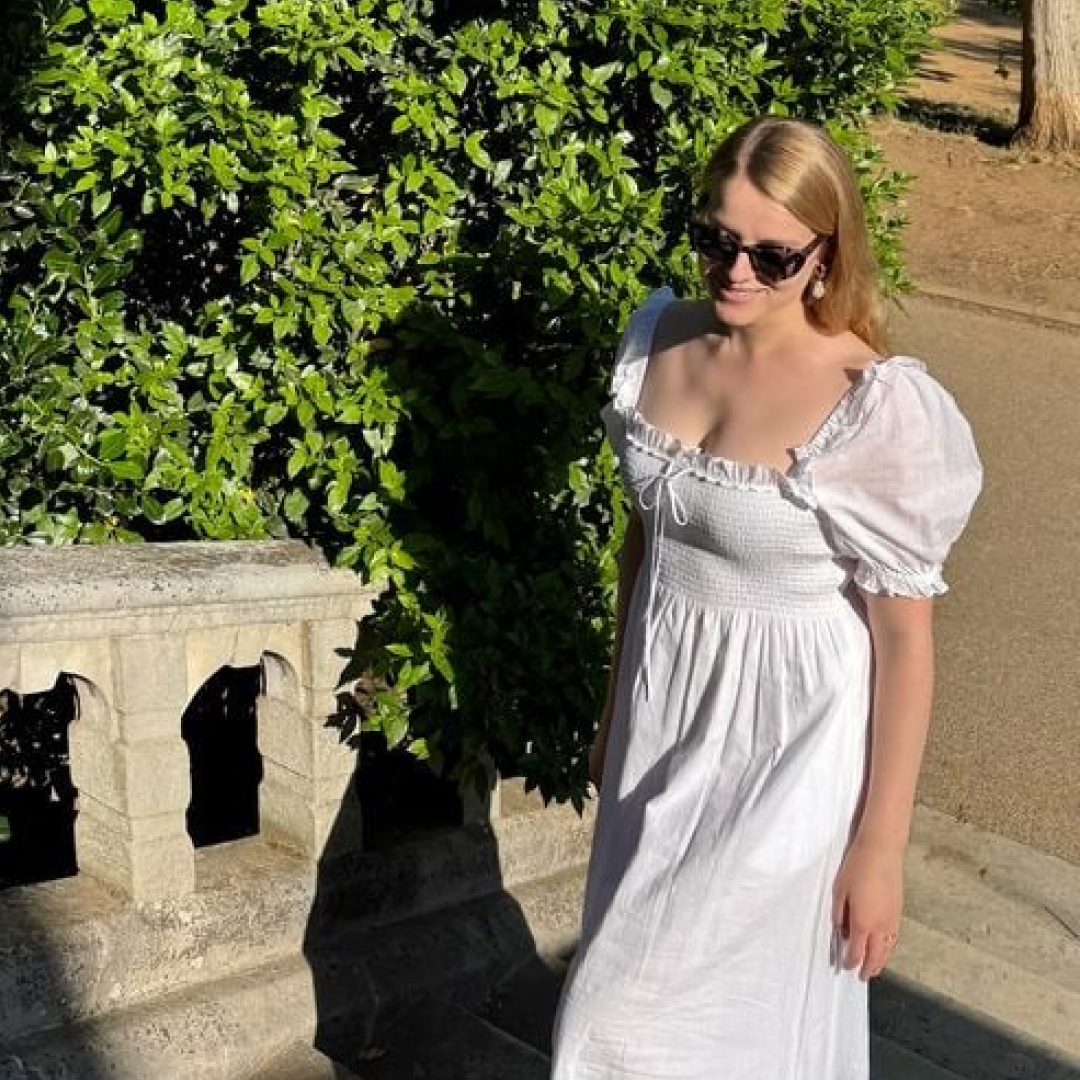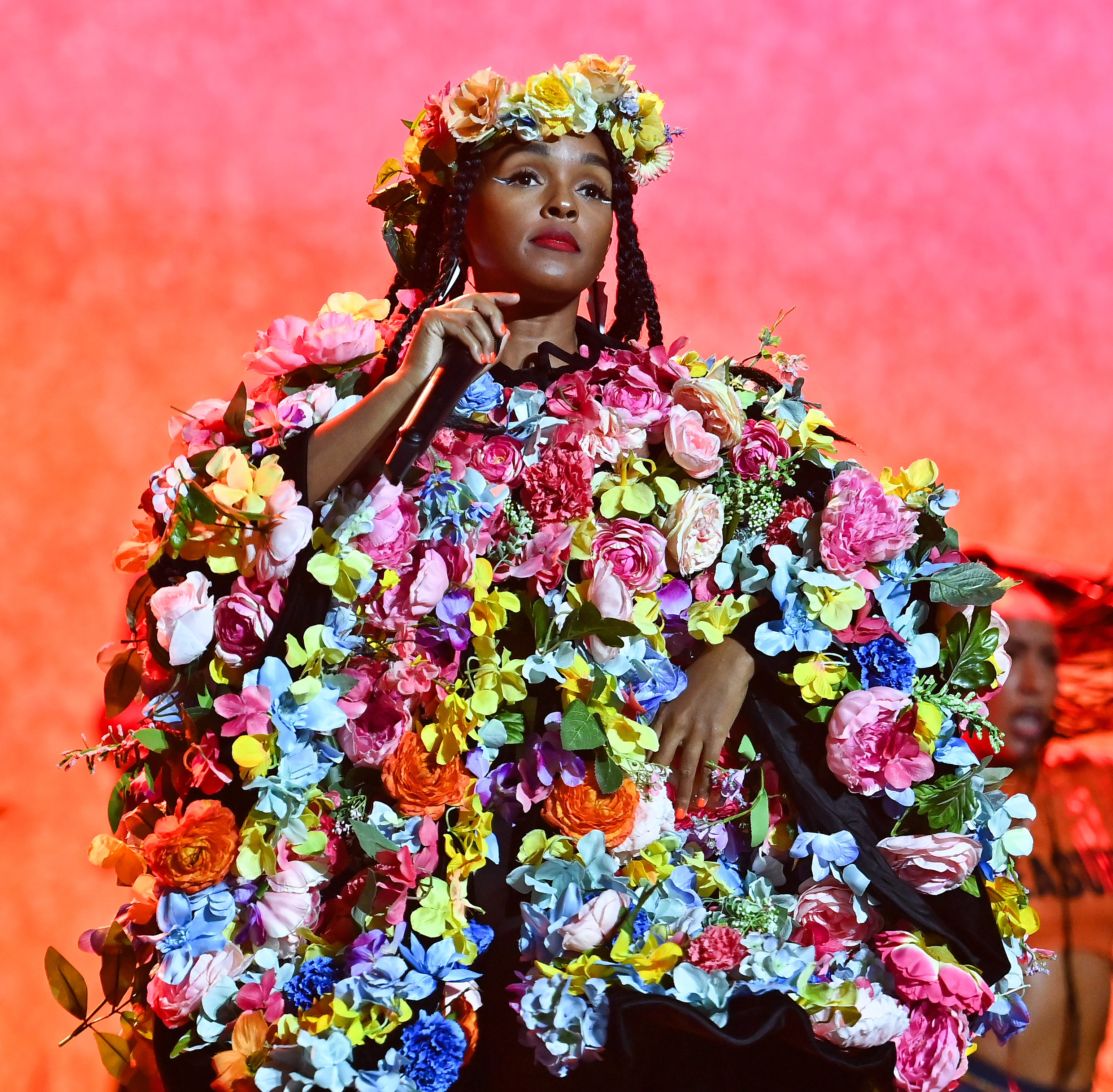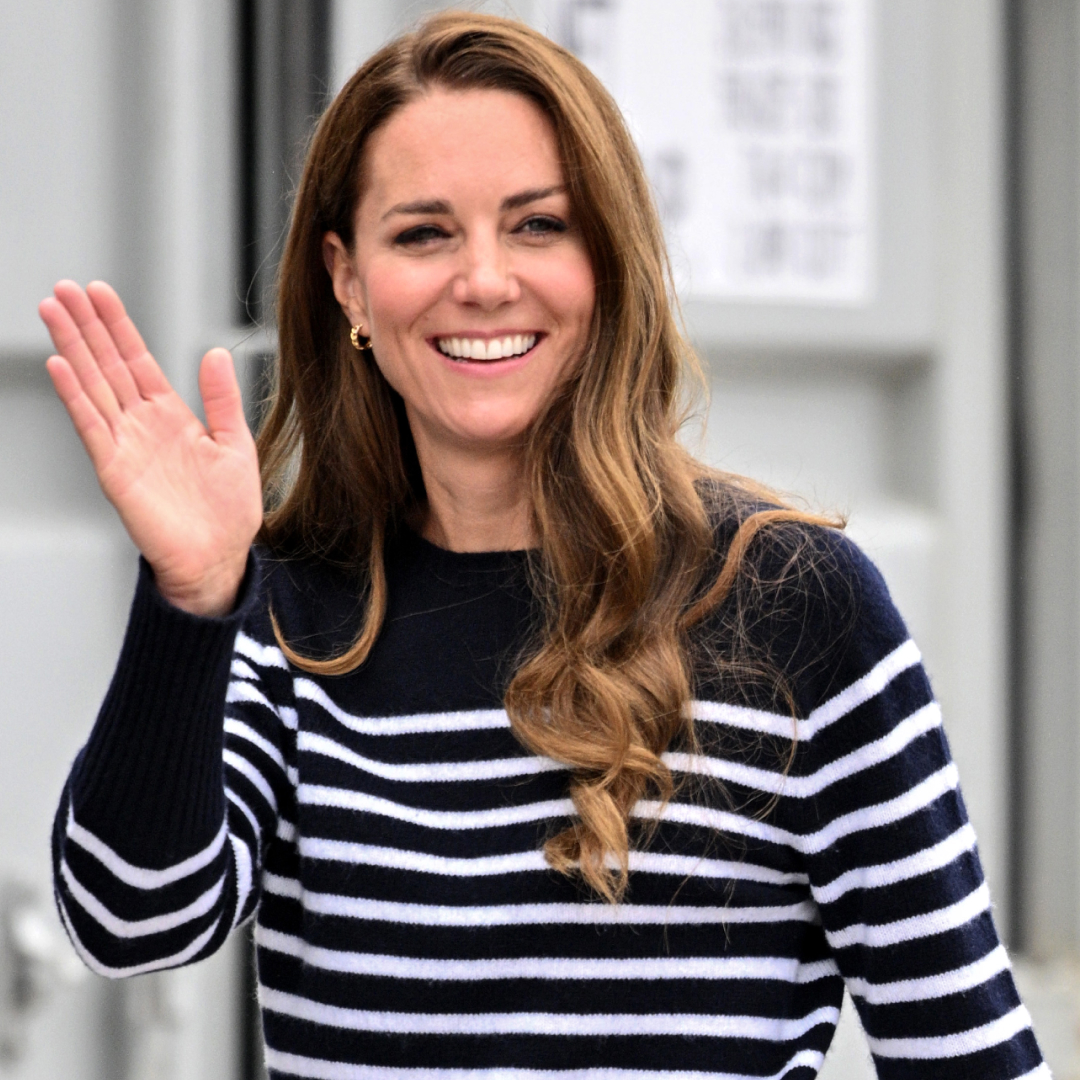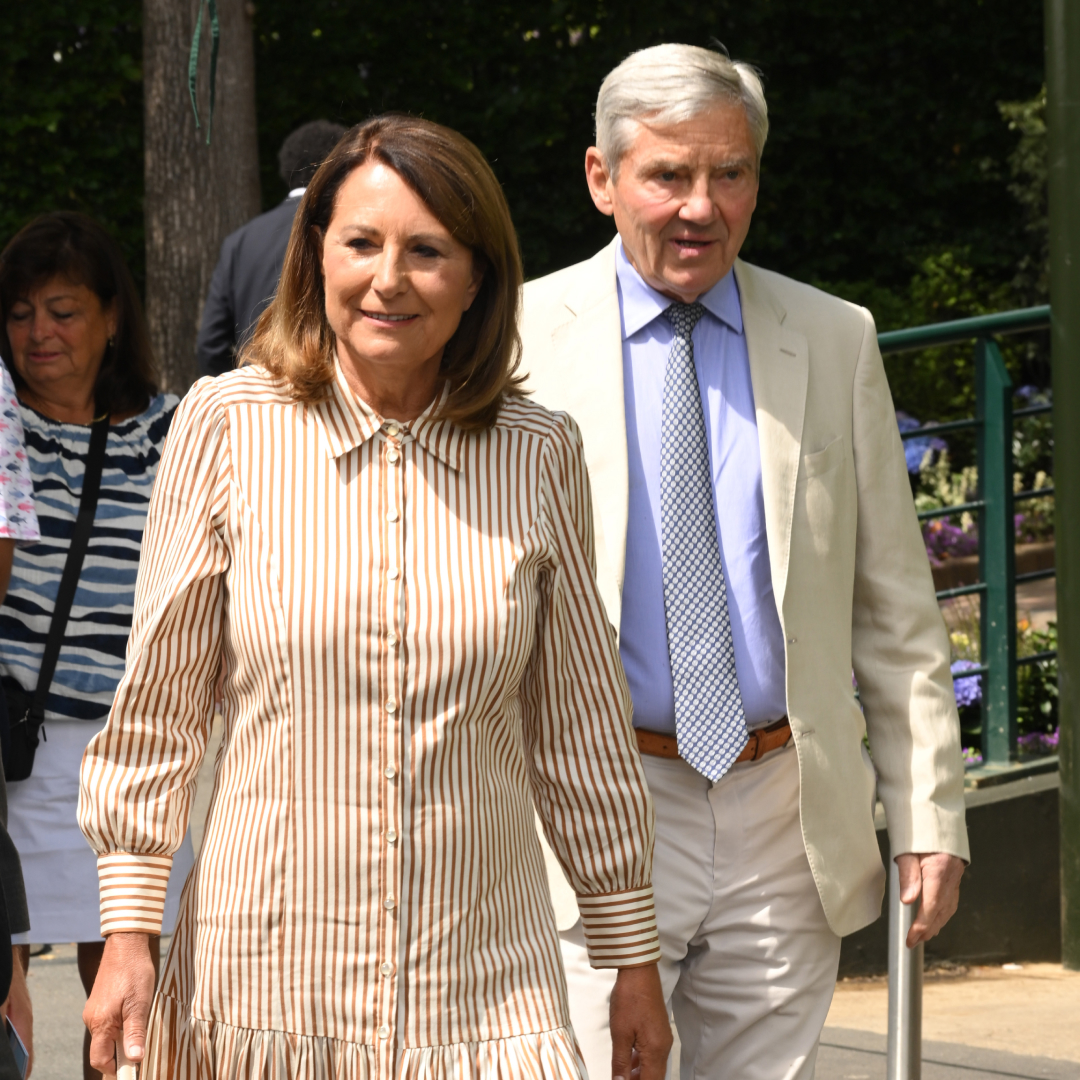Celebrity
All things celebrity, from royal family news and award show coverage to celebrity news updates.
Explore Celebrity
-
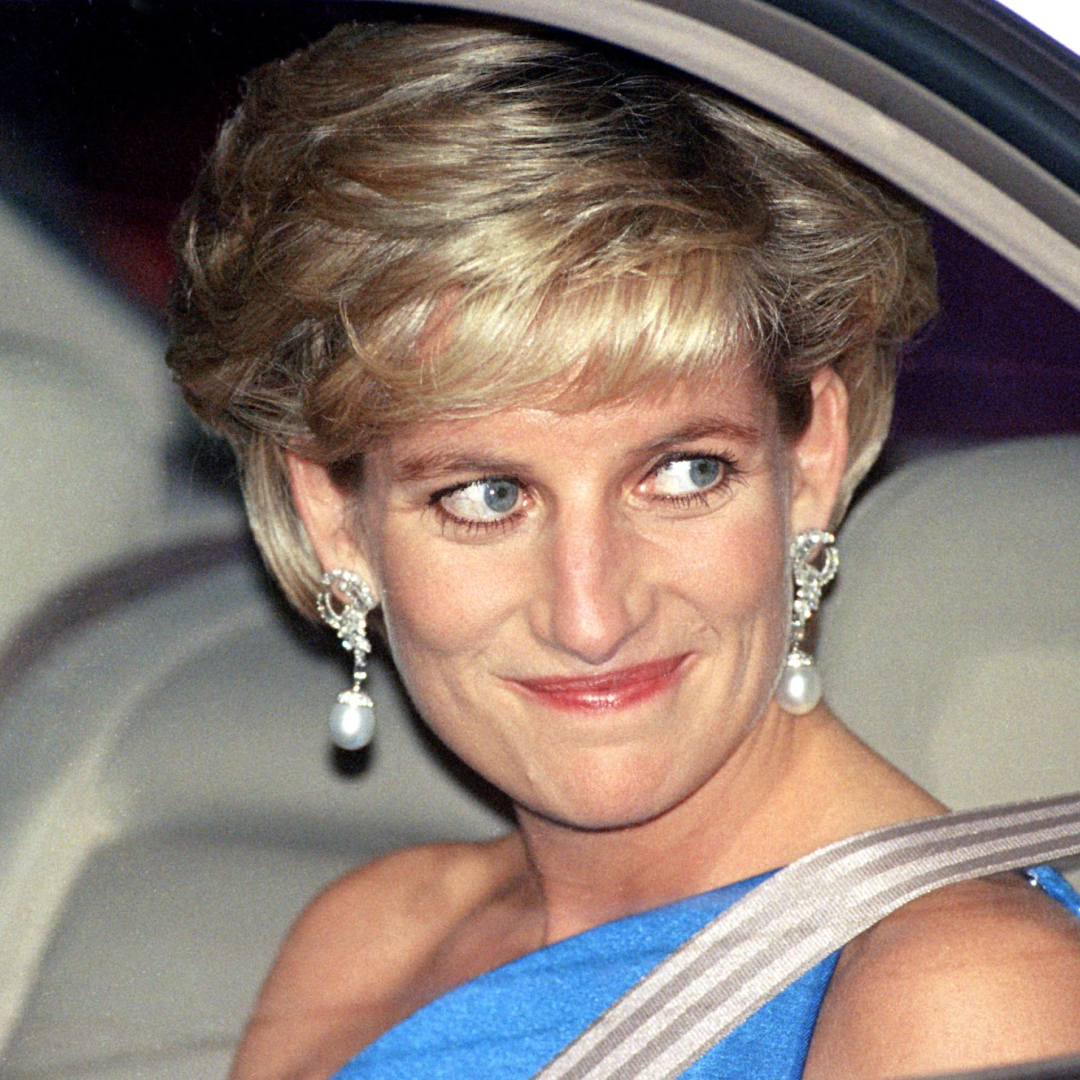
Princess Diana Relied on a Much Older "Mother Confessor" For Comfort and Support
"They used to laugh a lot, see each other all the time, more than anyone else I could mention."
By Kristin Contino Published
-
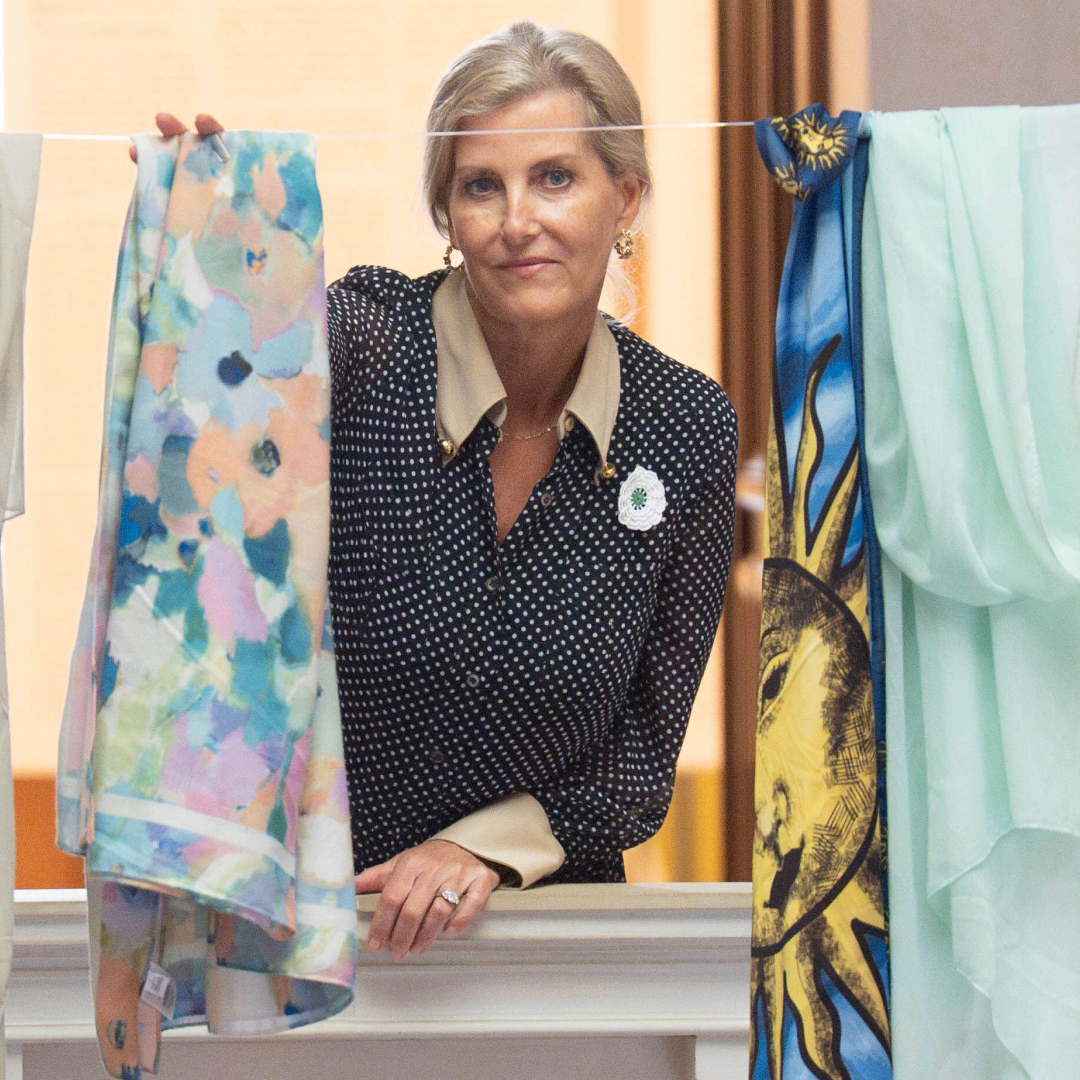
Why Duchess Sophie Left her Scarf at Heartbreaking Memorial in Bosnia and Herzegovina
The Duchess of Edinburgh marked the 30th anniversary of the Srebrenica Genocide.
By Kristin Contino Published
-
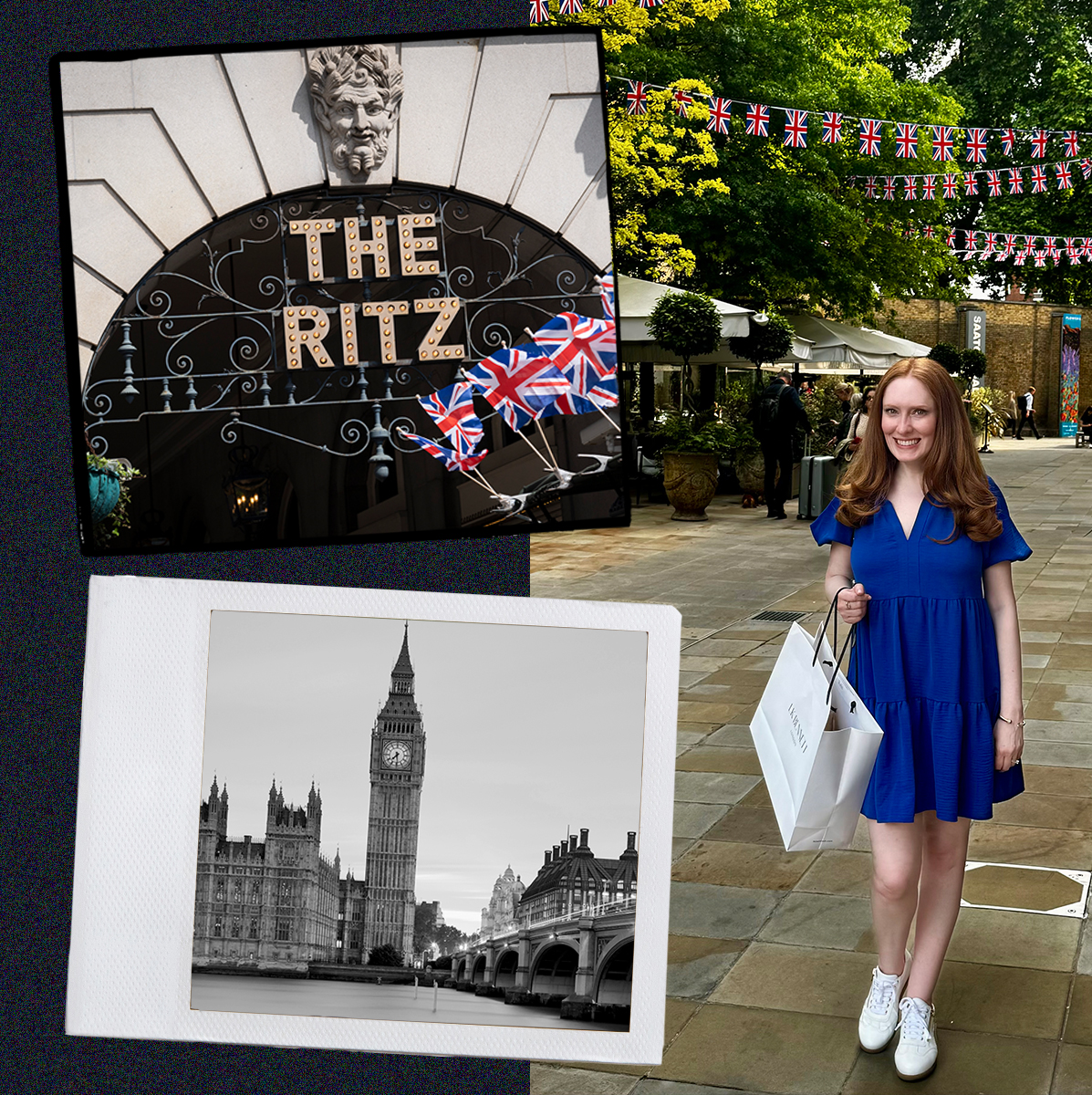
The Ultimate Royal Guide to London
A royal editor's tips on where to stay, shop and eat like a queen.
By Kristin Contino Published
-
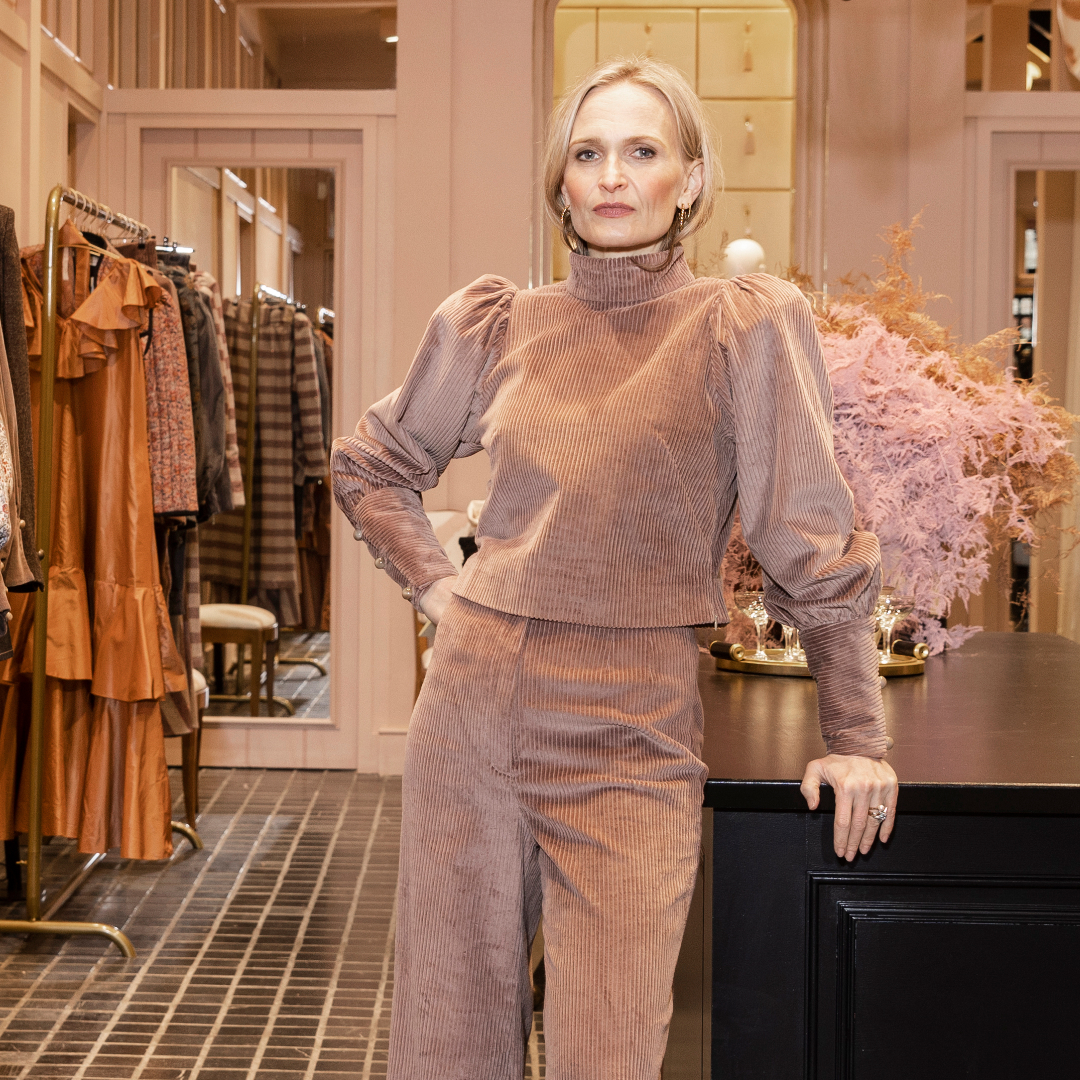
Exclusive: Royal-Favorite Designer Anna Mason Is the It Girl British Label You're Probably Sleeping On
Beloved by Kate and Pippa Middleton and Zara Tindall, Mason's designs are a new Hamptons fave.
By Kristin Contino Published
-
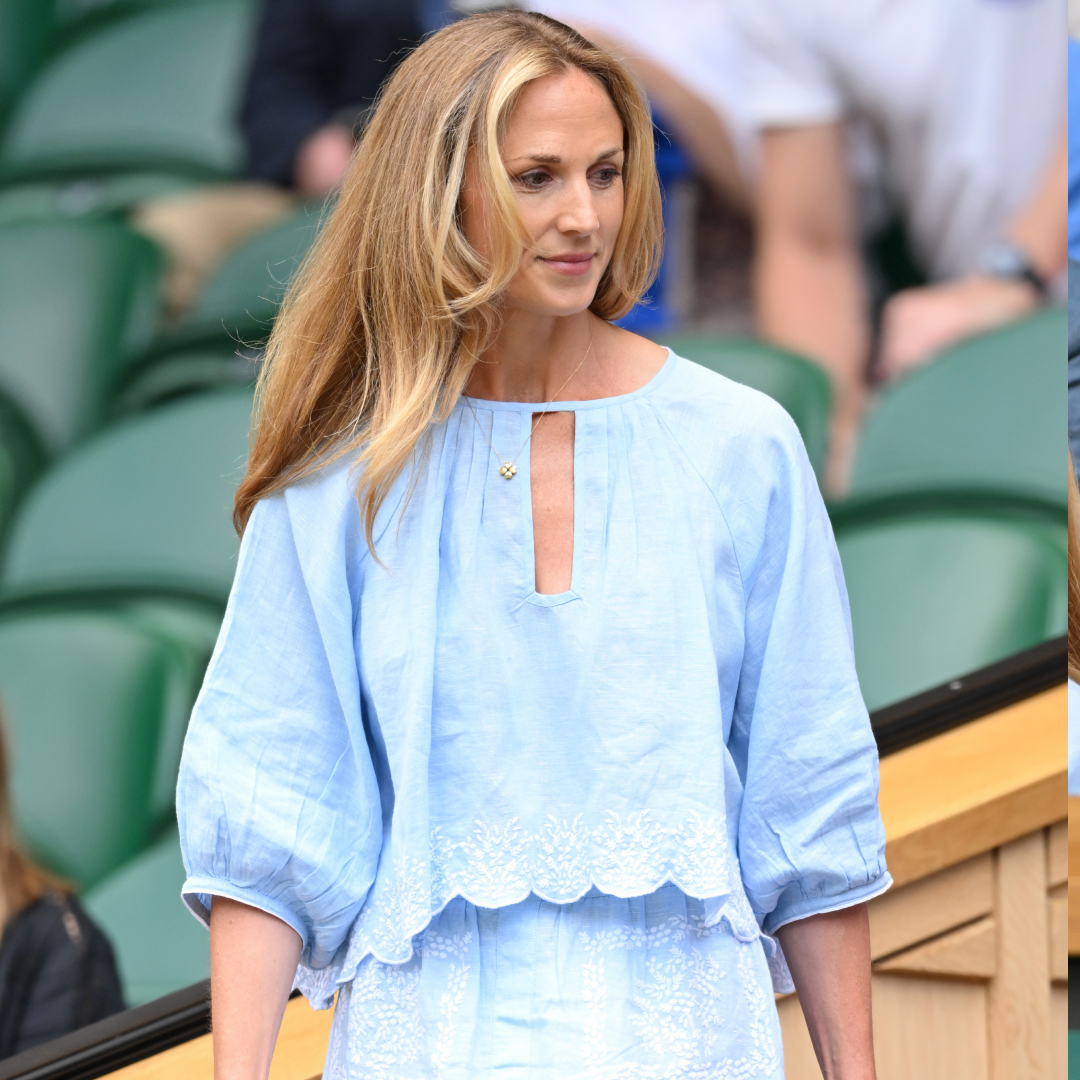
Royal Girlfriend Harriet Sperling Is Following in the Royal Family's Fashion Footsteps at Wimbledon
She's already got the royally approved brands on tap.
By Kristin Contino Published
-
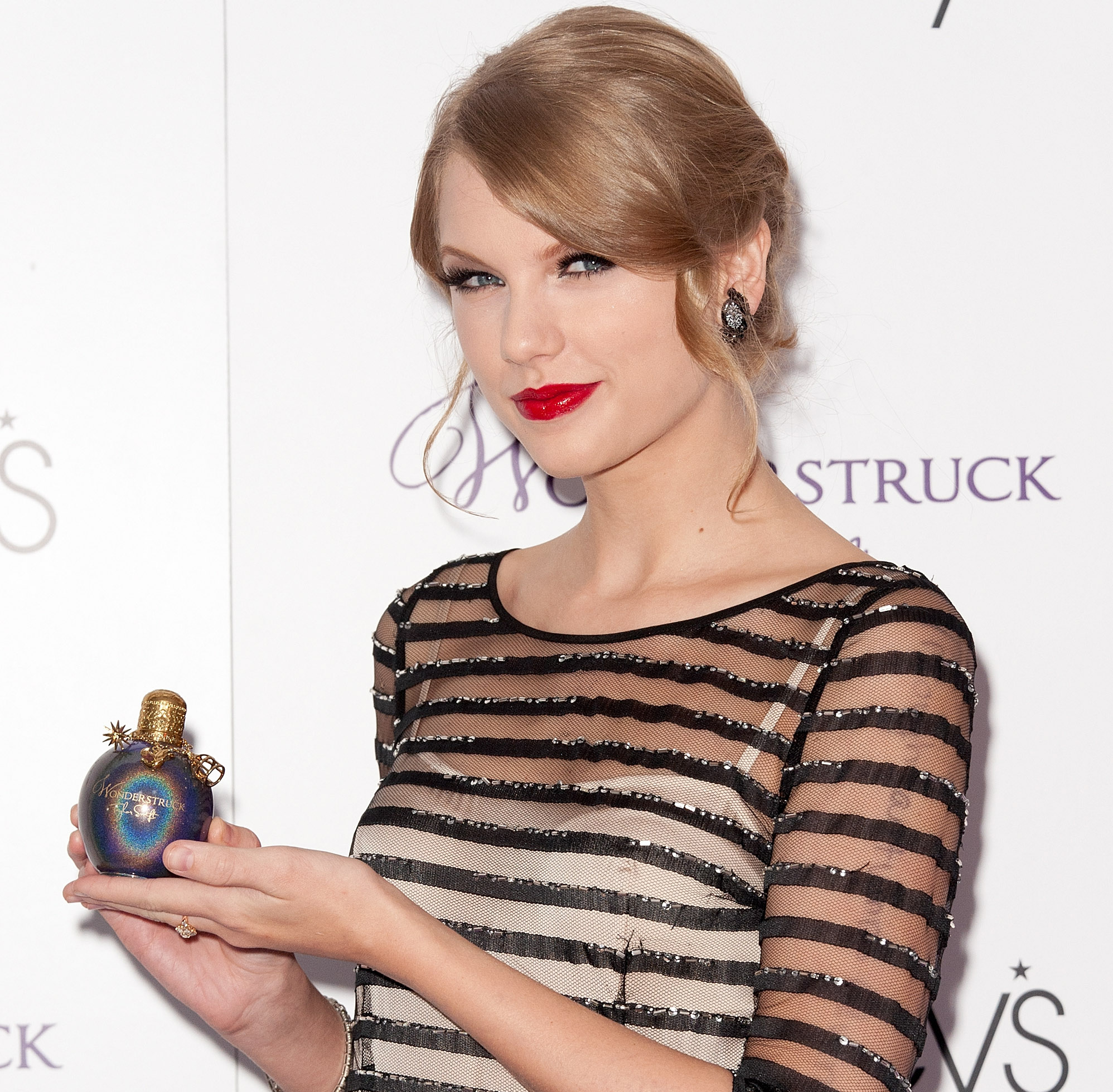
The Most Beloved Celebrity Scents Ever
From the sweet and fruity to the dark and seductive.
By Katherine J. Igoe Published
-
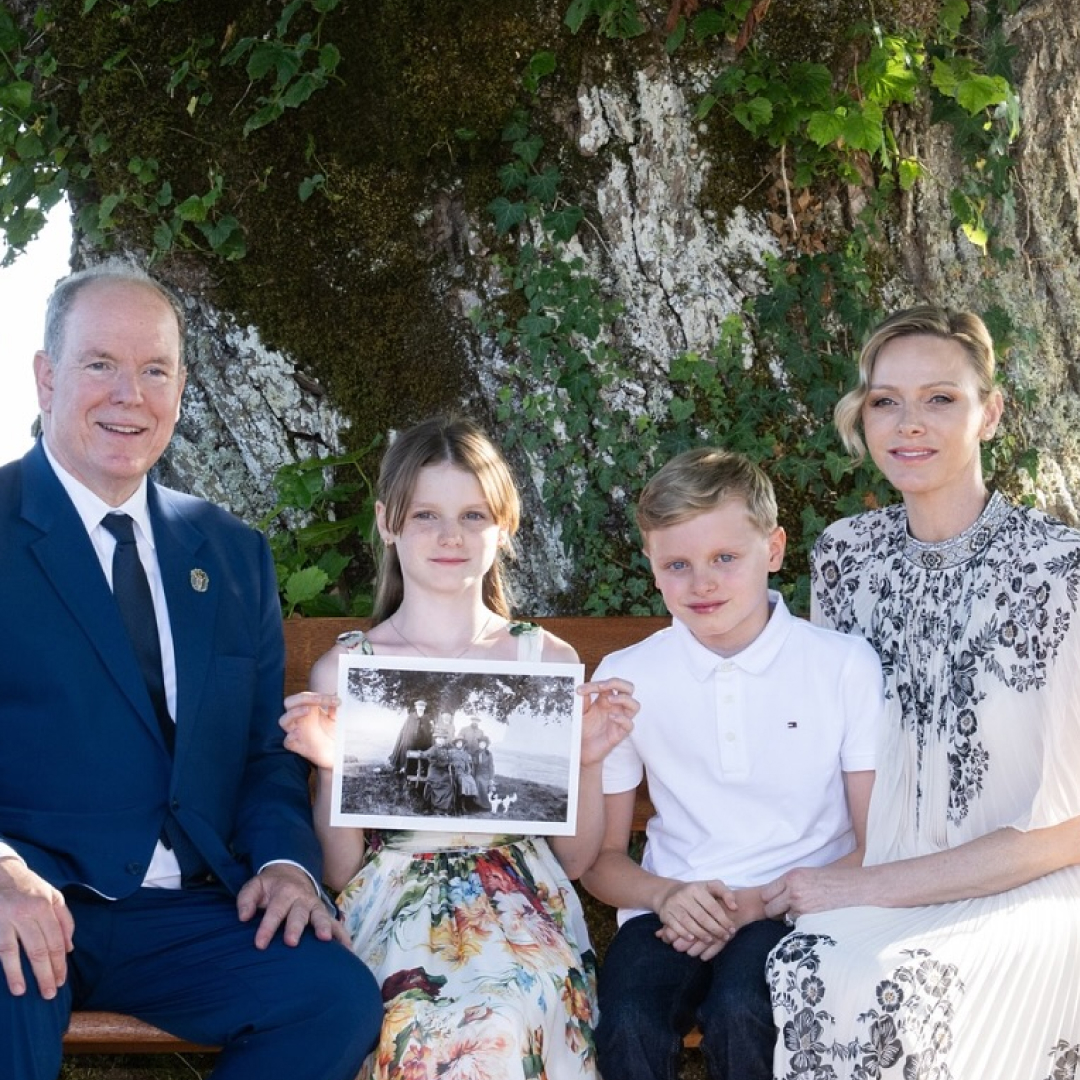
Princess Charlene Pays Tribute to Grace Kelly in Black and White Gown
The Monegasque royals shared a sweet moment in France.
By Kristin Contino Published
-
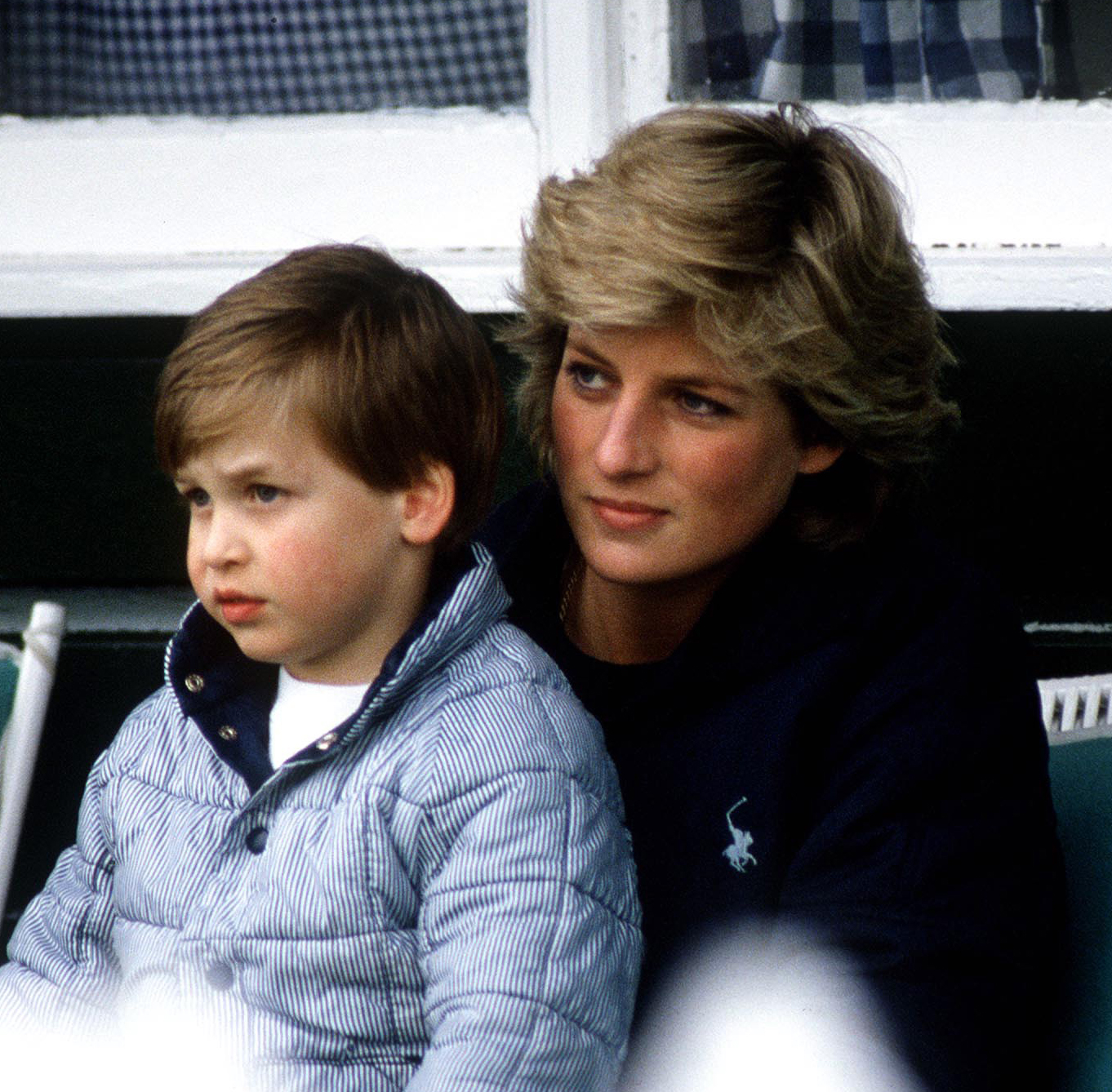
Photos of the Royal Family at Polo Matches Over the Years
Candid moments from the "sport of kings."
By Katherine J. Igoe Published
-
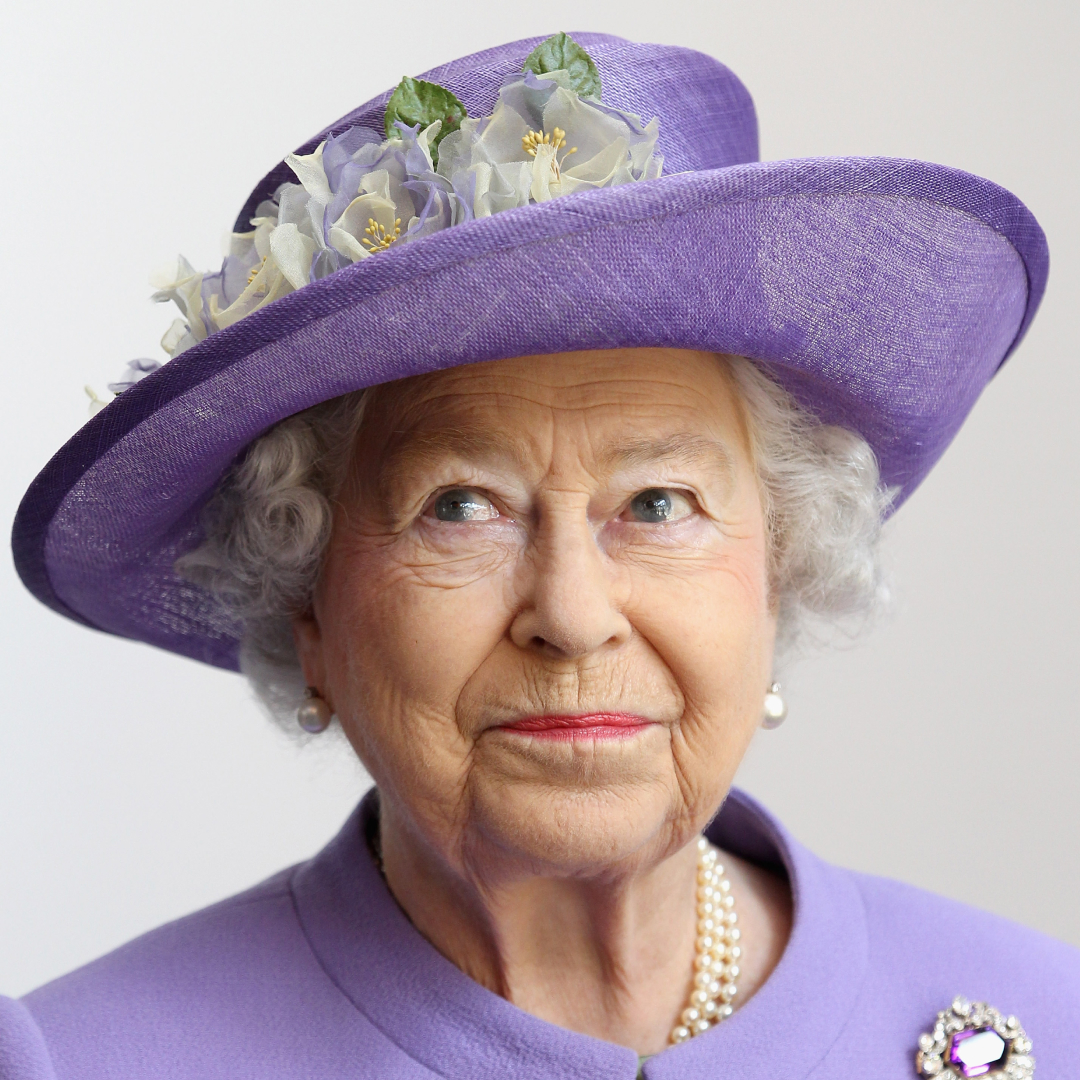
Queen Elizabeth Proved She Was in on the Joke During Hilarious Speech Where She Made Fun of Herself
Prince Philip definitely would've approved.
By Kristin Contino Published
-
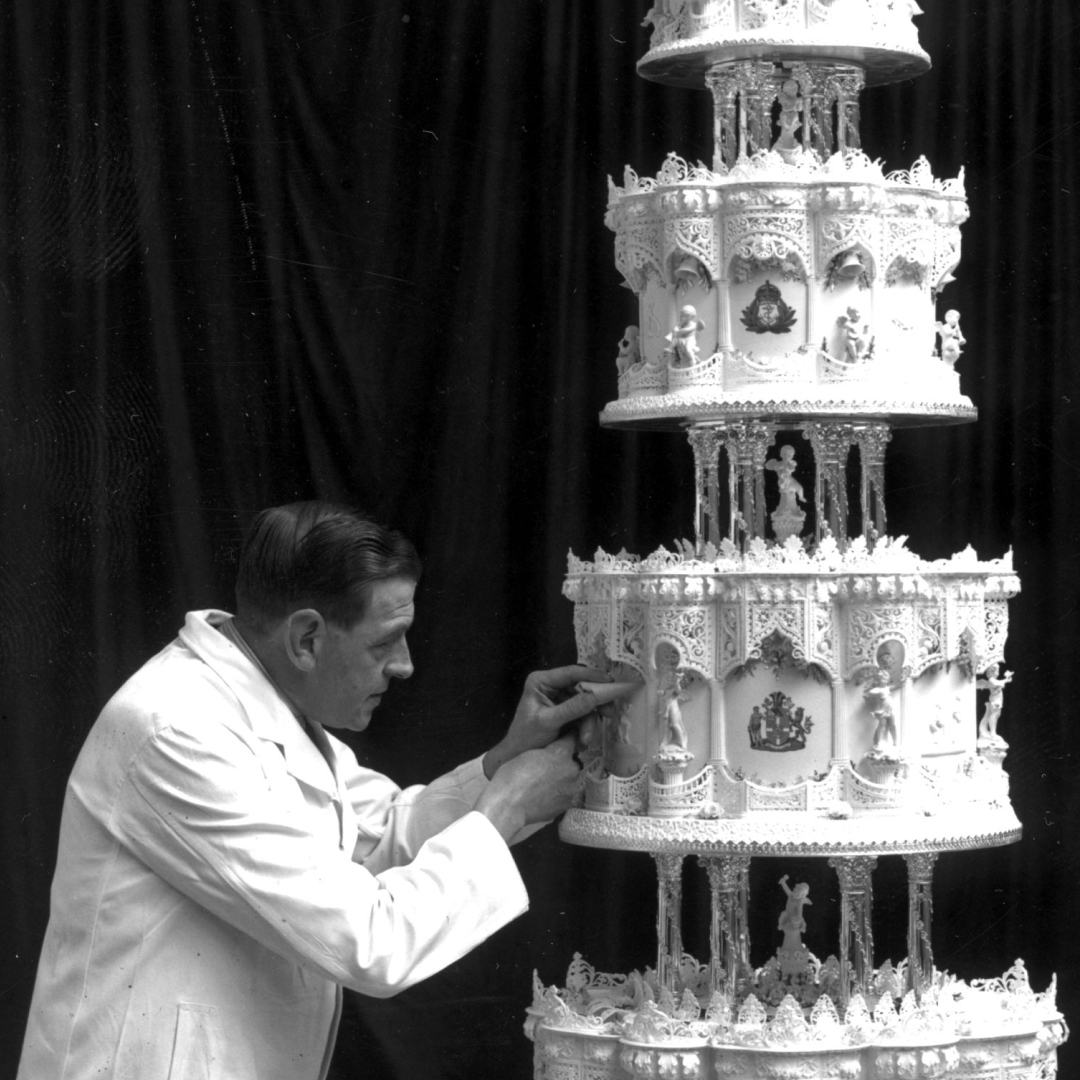
A Royal Superfan Is Planning to Eat a Slice of Queen Elizabeth’s 1947 Wedding Cake
It's...a choice.
By Kristin Contino Published
-
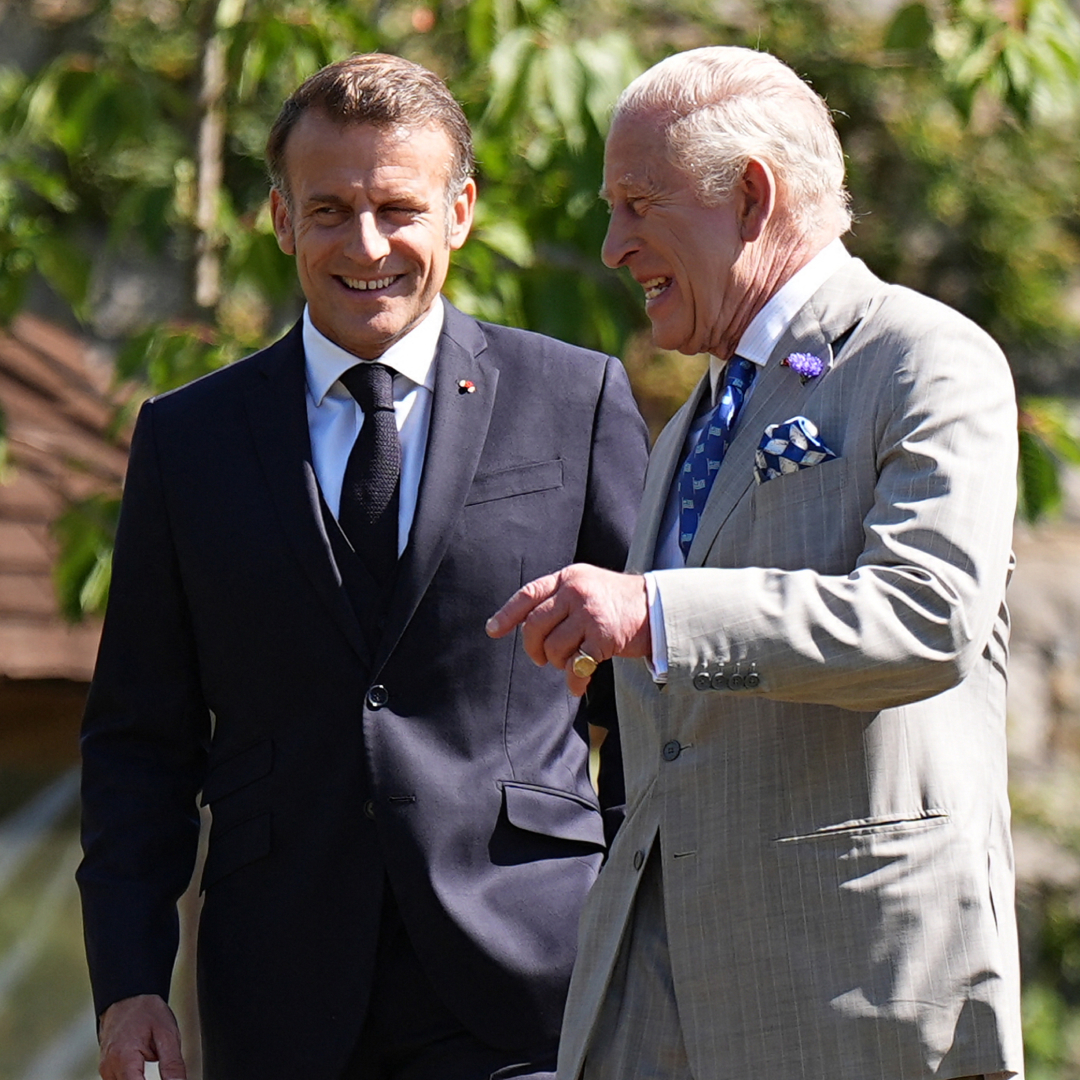
King Charles Gave President Macron a Hilarious Warning About the Royal Dogs During French State Visit
Queen Elizabeth's legacy continues.
By Kristin Contino Published
-
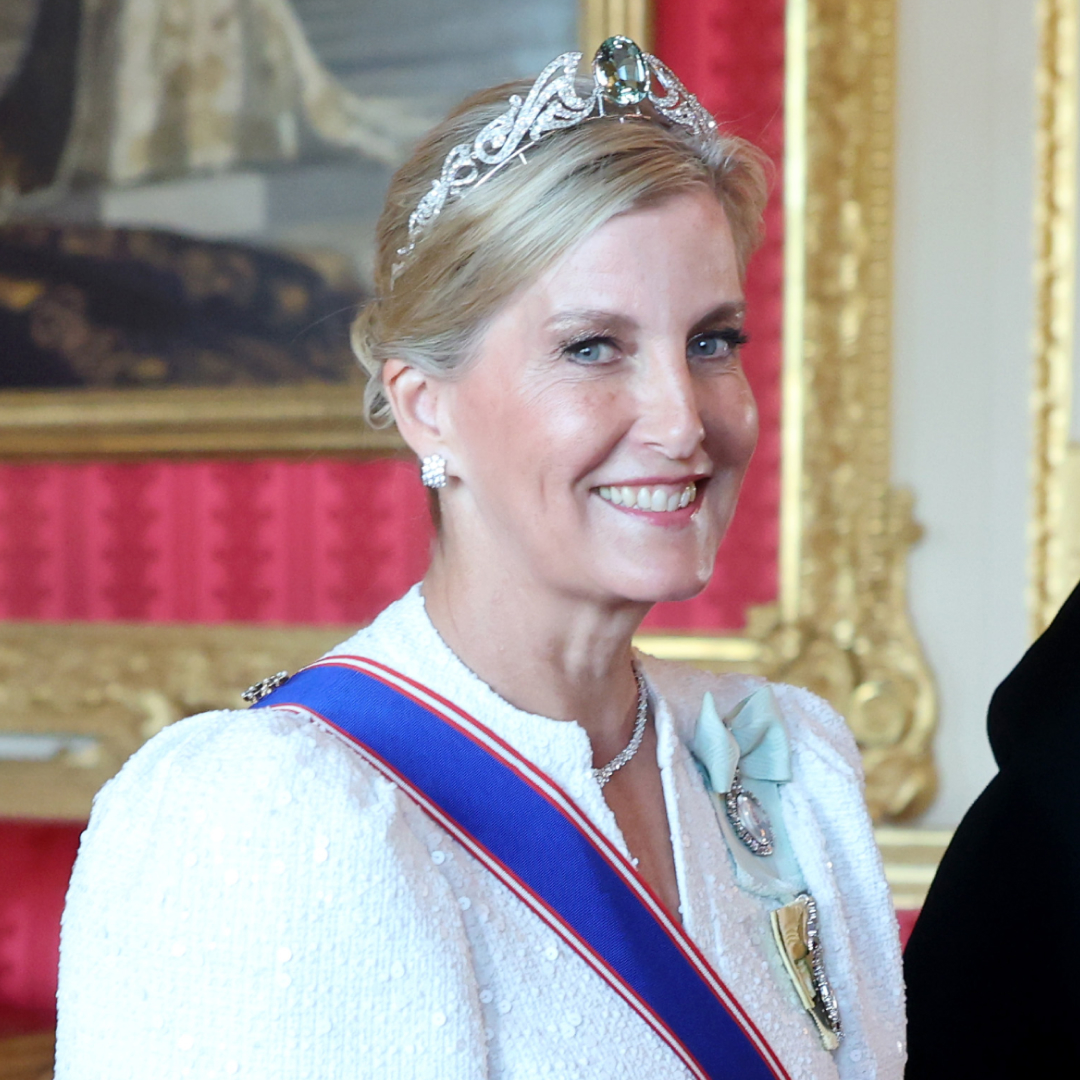
Duchess Sophie’s Sparkling Aquamarine State Banquet Tiara Is Hiding a Clever Trick
Her hair is full of secrets.
By Kristin Contino Published
-
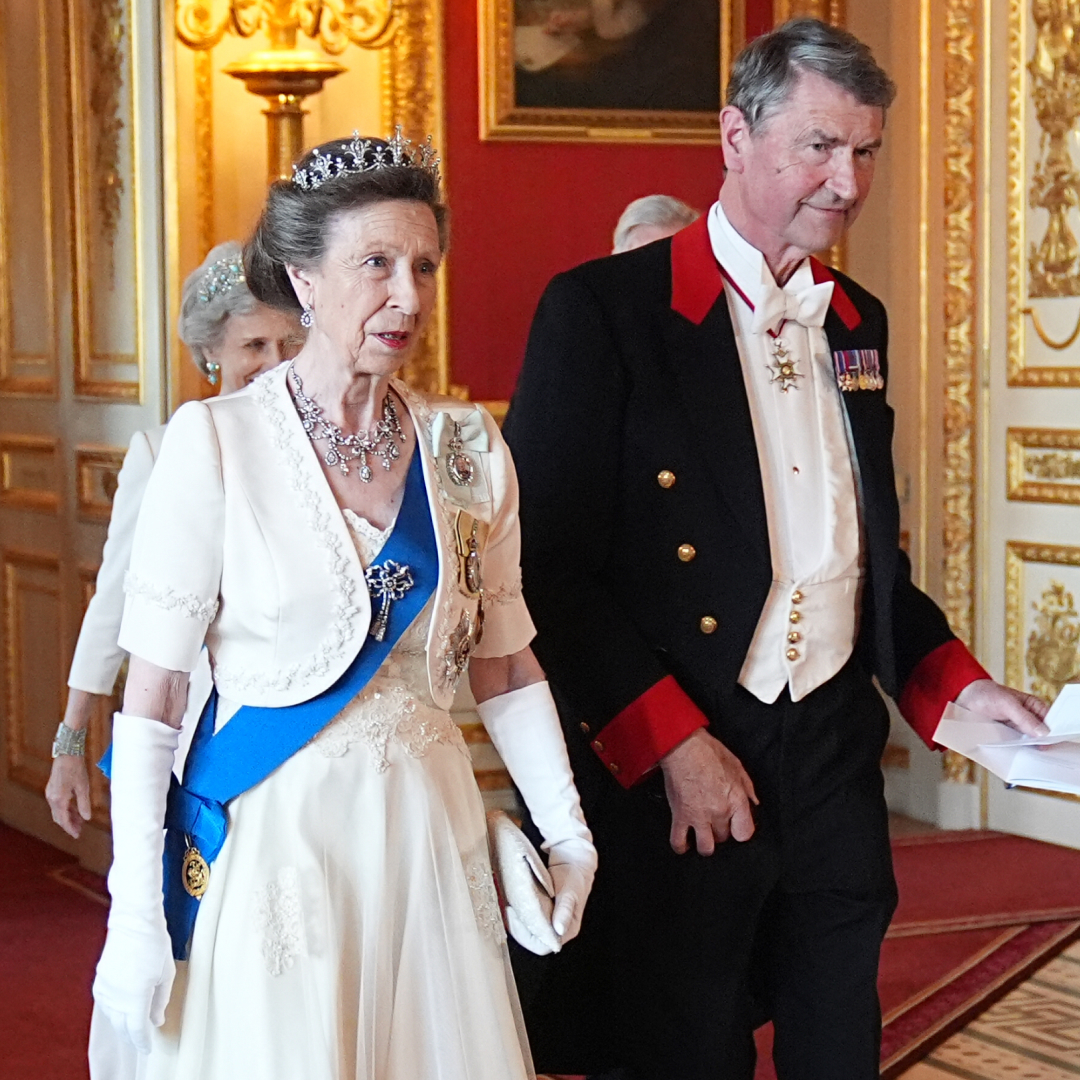
Princess Anne Pairs a 1970s Tiara With a Surprising New Hairstyle at French State Banquet
Even the Princess Royal switches up her coiffure sometimes.
By Kristin Contino Published
-
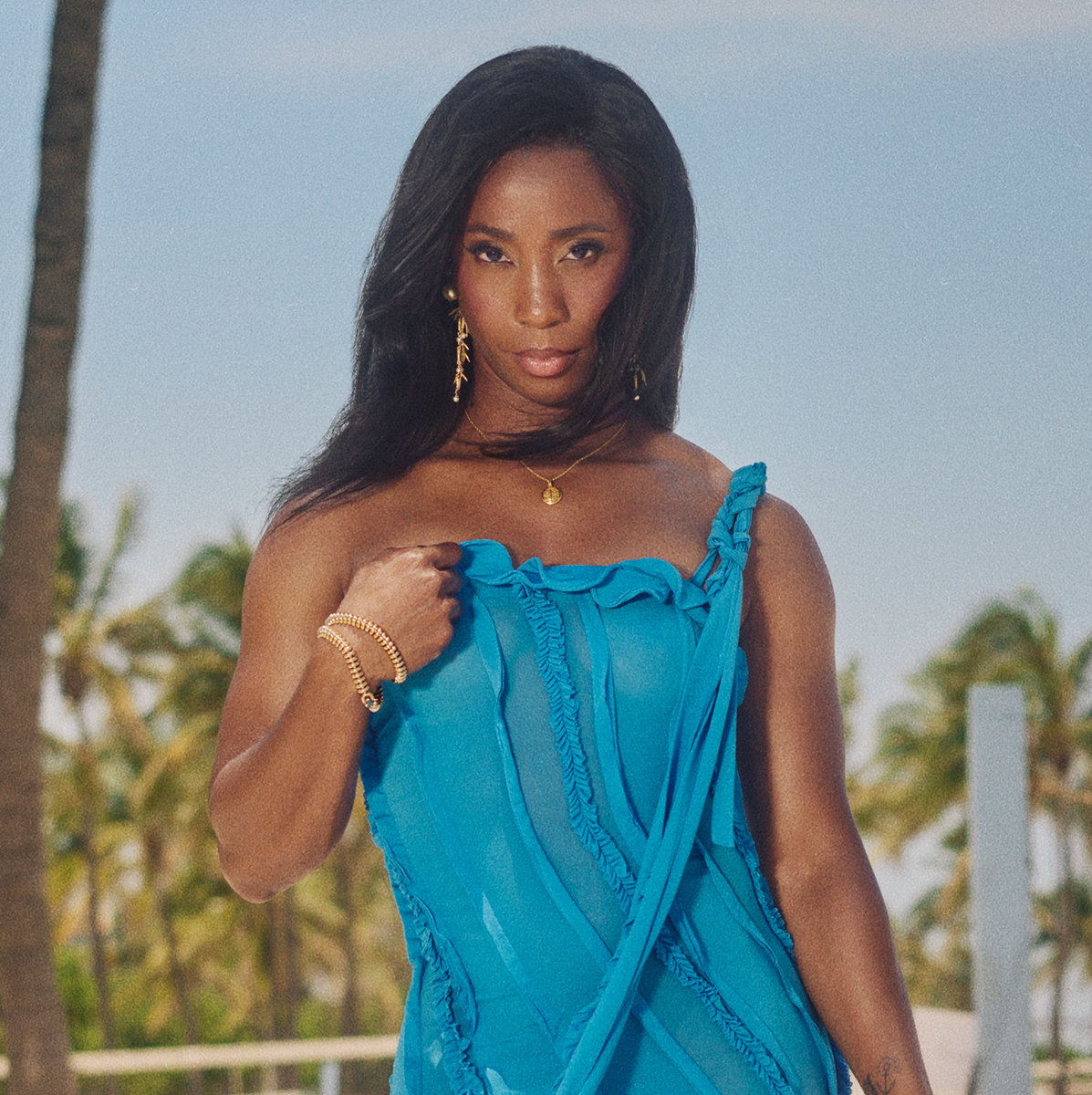
Shelly-Ann Fraser-Pryce on Her "Final Year" as a Professional Athlete: "This Isn't a Farewell Tour"
"I love where I'm at in this journey."
By Iris Goldsztajn Published
-
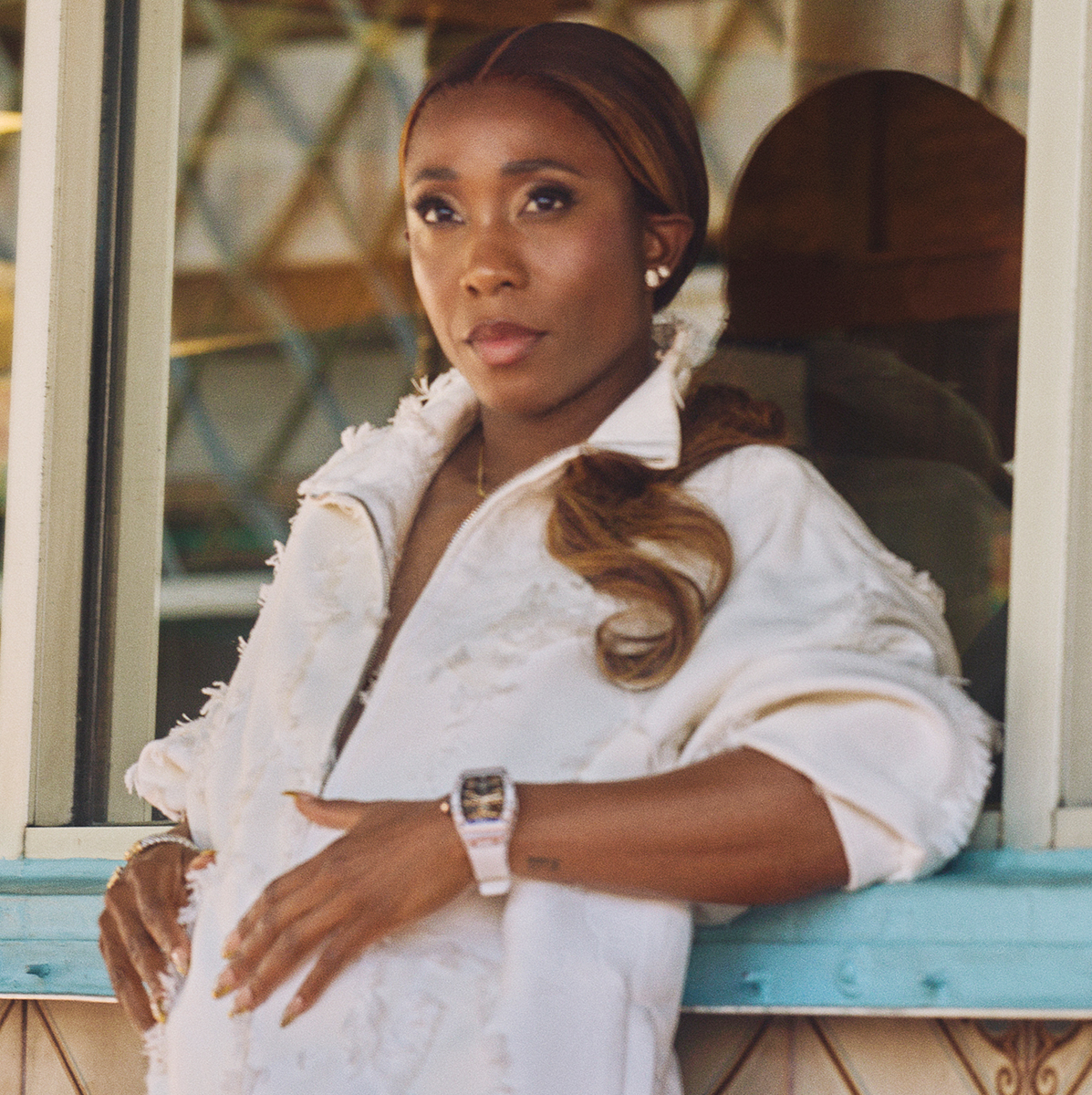
Shelly-Ann Fraser-Pryce on Returning to Record-Breaking Running After Becoming a Mom
She had to balance being a mom with track and field.
By Iris Goldsztajn Published
-
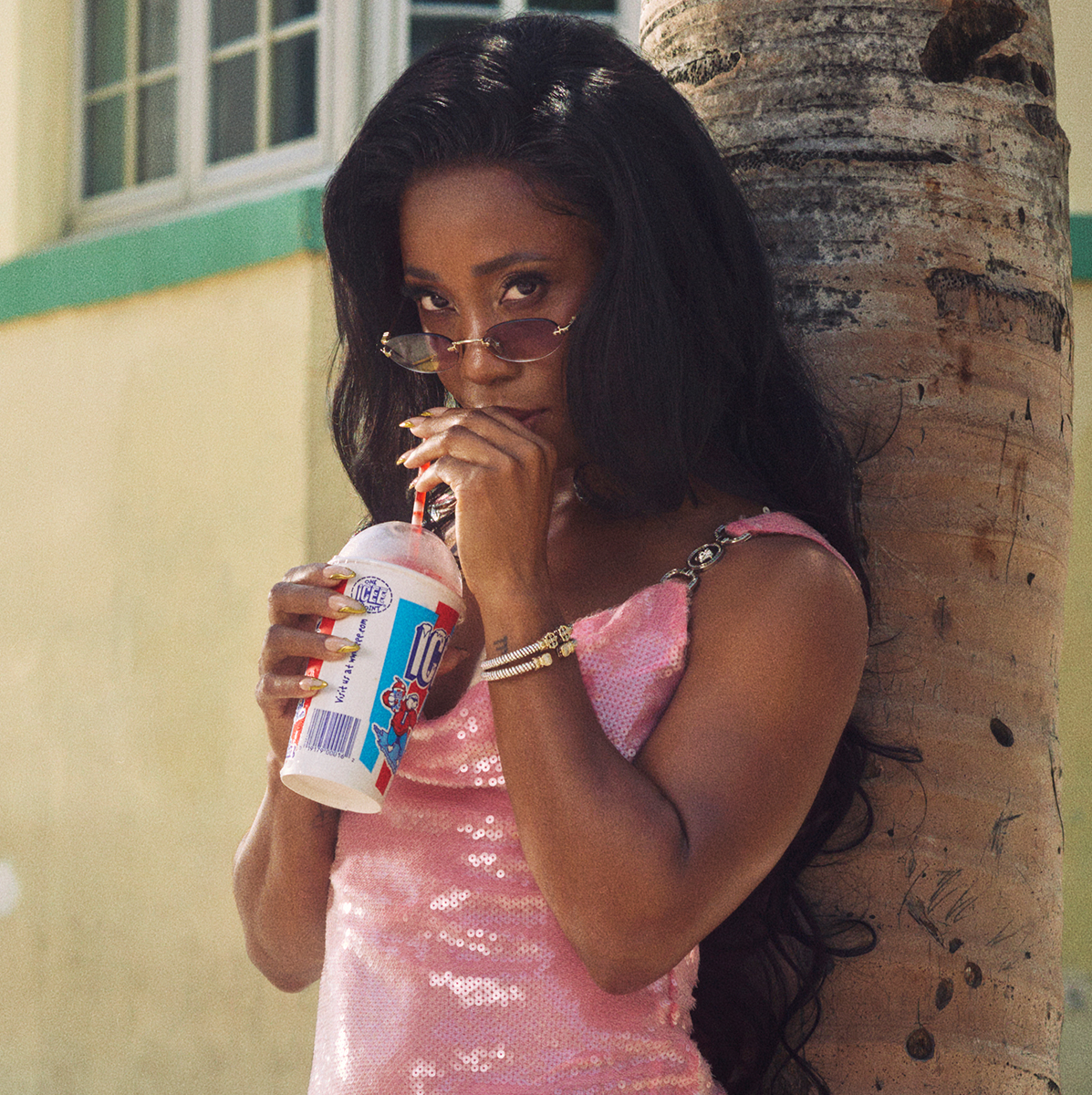
Shelly-Ann Fraser-Pryce Breaks Her Silence on Dropping Out of Her Last-Ever Olympic Race
"I wanted to do it for my country, but then I had to ask 'what’s right for me?'"
By Iris Goldsztajn Published
-
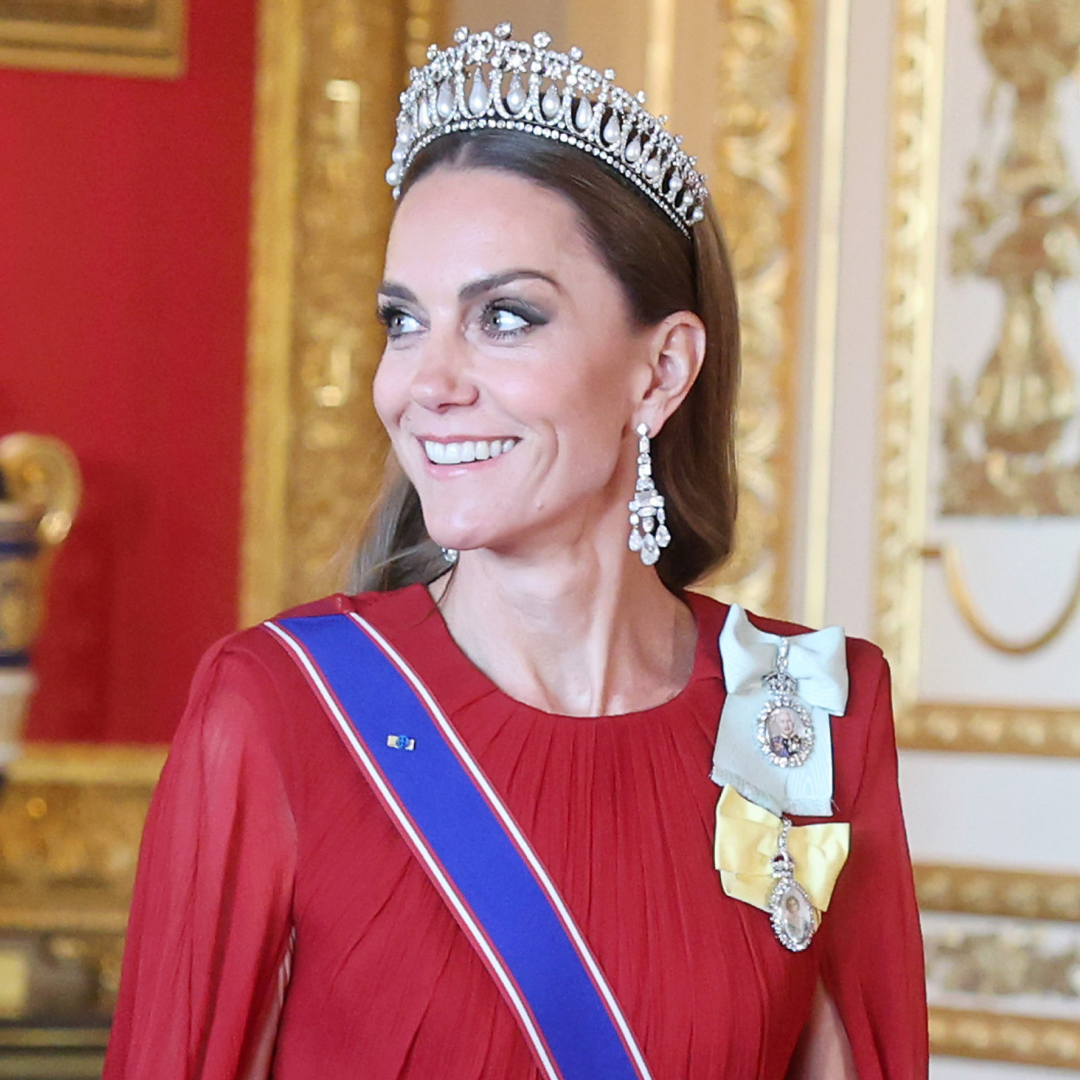
Princess Kate Breaks Her Tiara Drought in Dramatic Red Caped Gown
It's her first state banquet since 2023.
By Kristin Contino Published
-
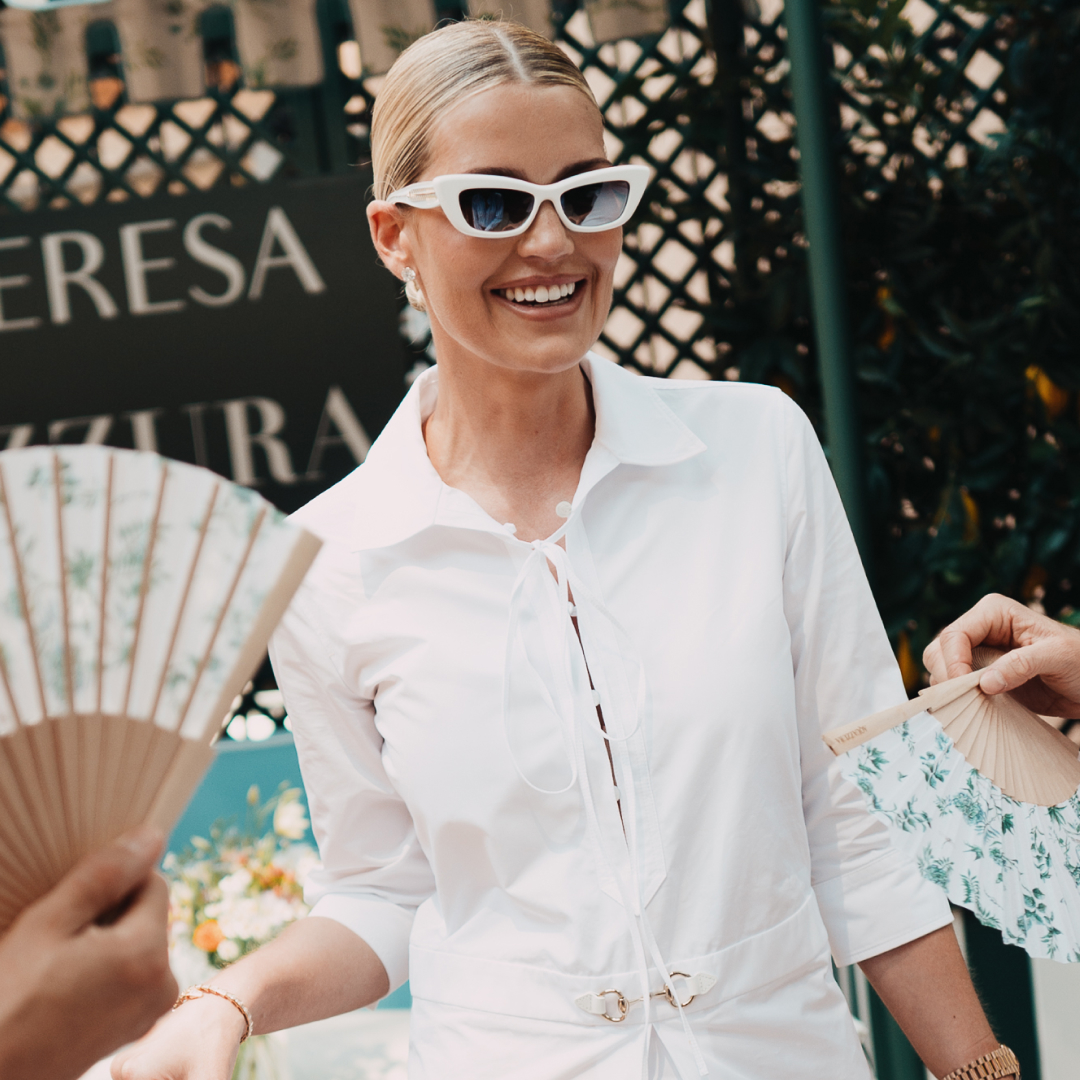
Princess Diana's Niece Embraces Roman Holiday Style in Gucci and Aquazzura
Princess Diana's niece is soaking up la dolce vita.
By Kristin Contino Published
-
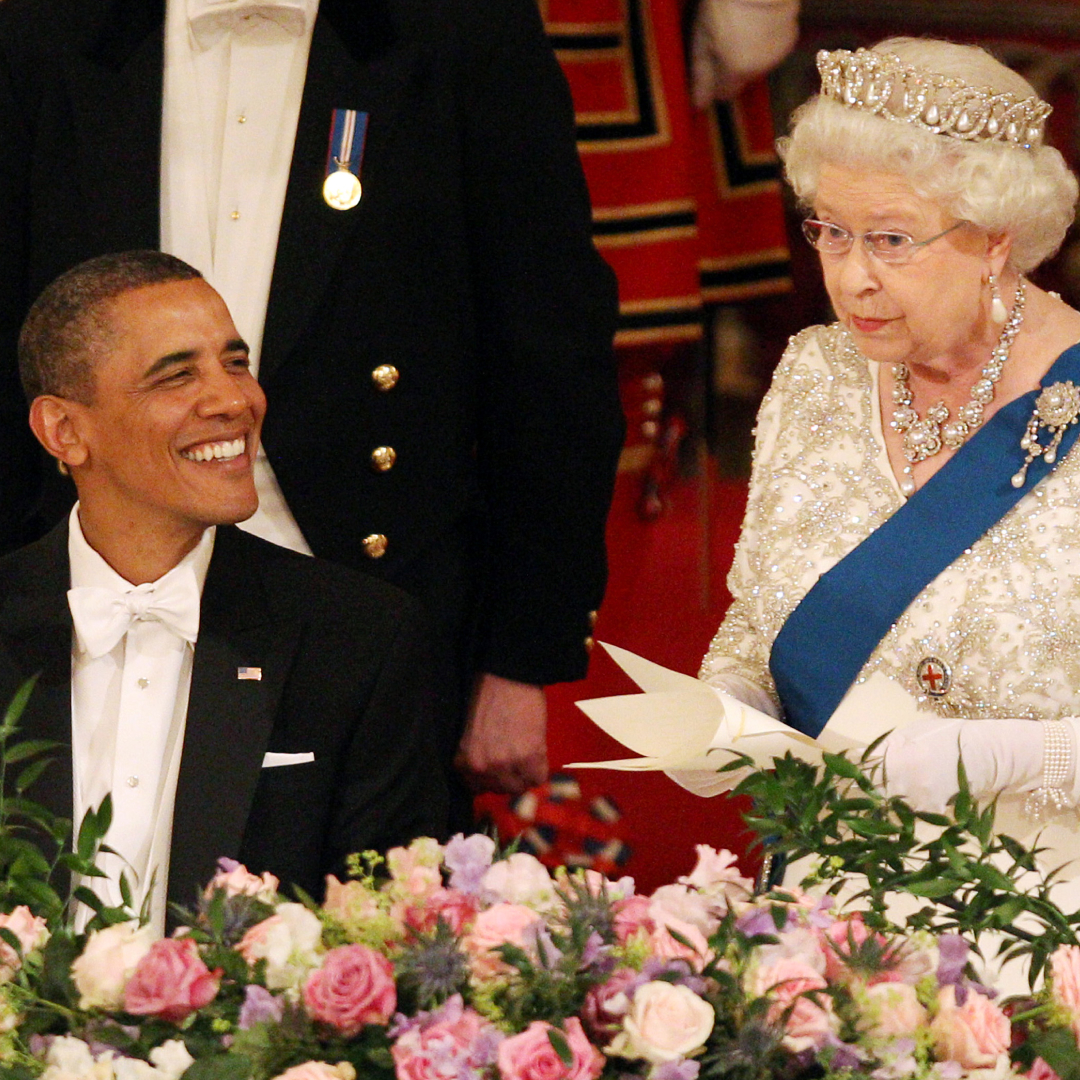
Former Royal Chef Reveals Secrets Behind Lavish State Banquets
From "perfect" pears to fish caught by the royals themselves.
By Kristin Contino Published
-
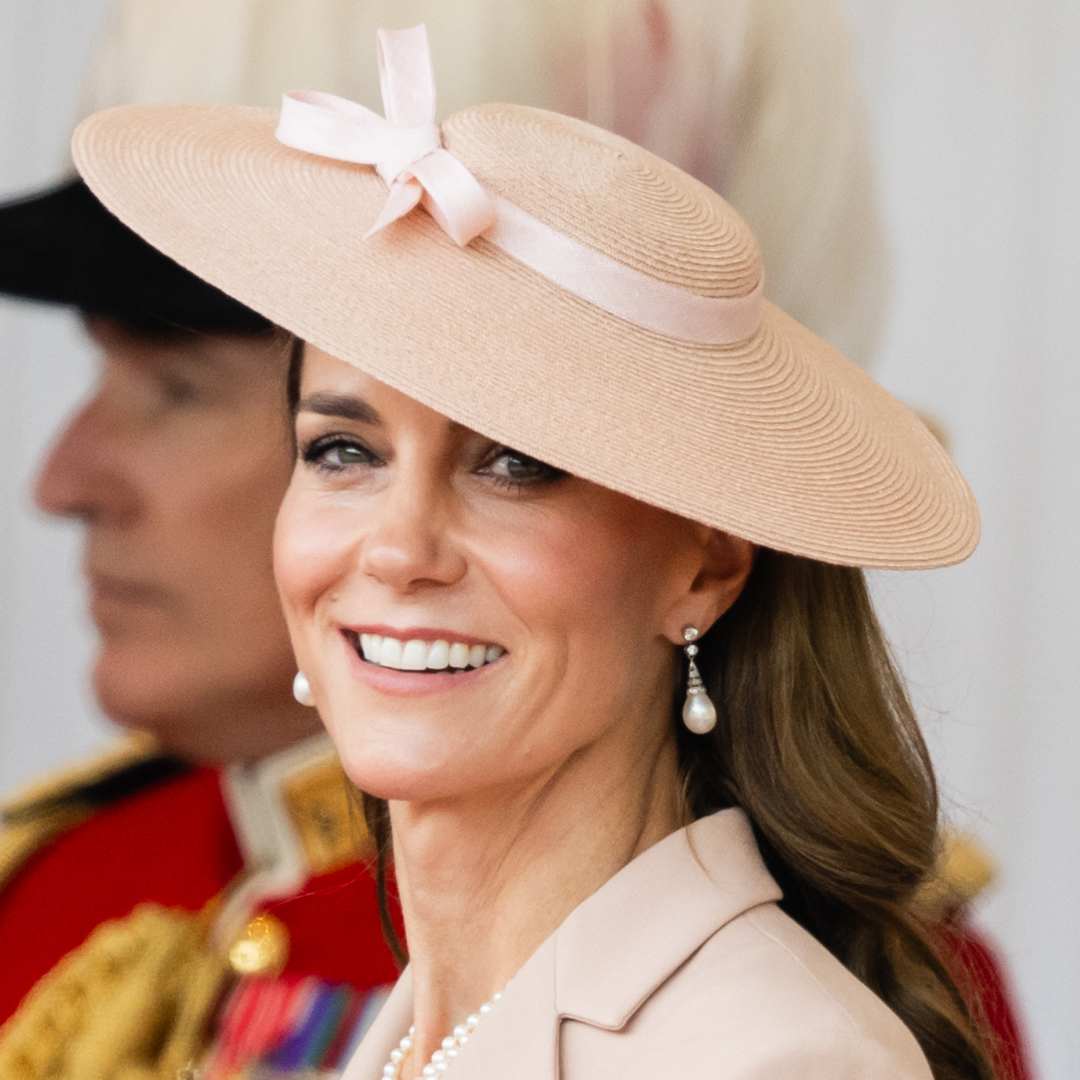
Princess Kate Delivers a French Fashion Rewind in Vintage-Inspired Dior Blazer
Ooh la la.
By Kristin Contino Published
-
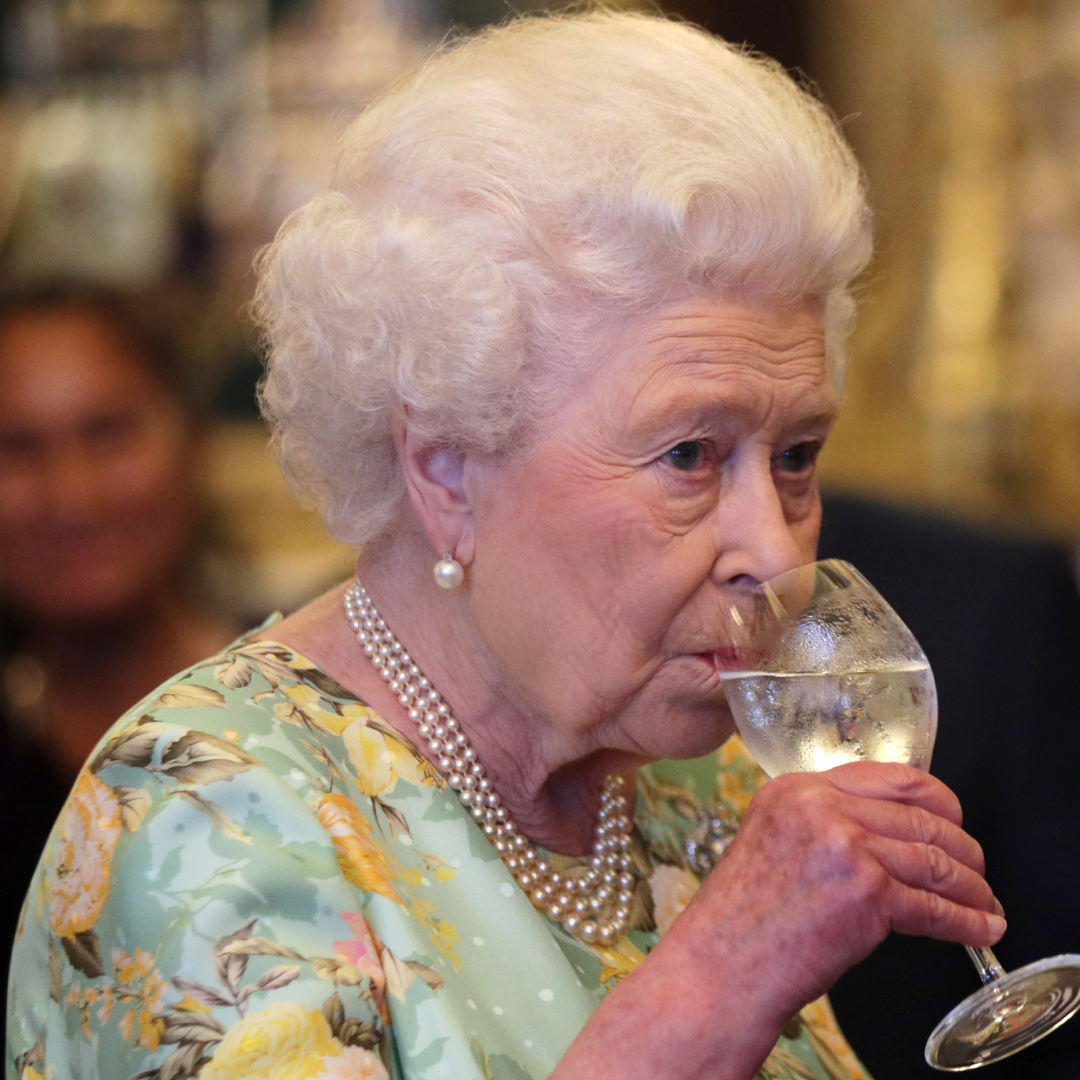
Queen Elizabeth Was Considered "Dull" by Many and Didn't "Have a Lot to Say"—But it Was a Strategic Move at Times
She said it best when she said nothing at all.
By Kristin Contino Published
-
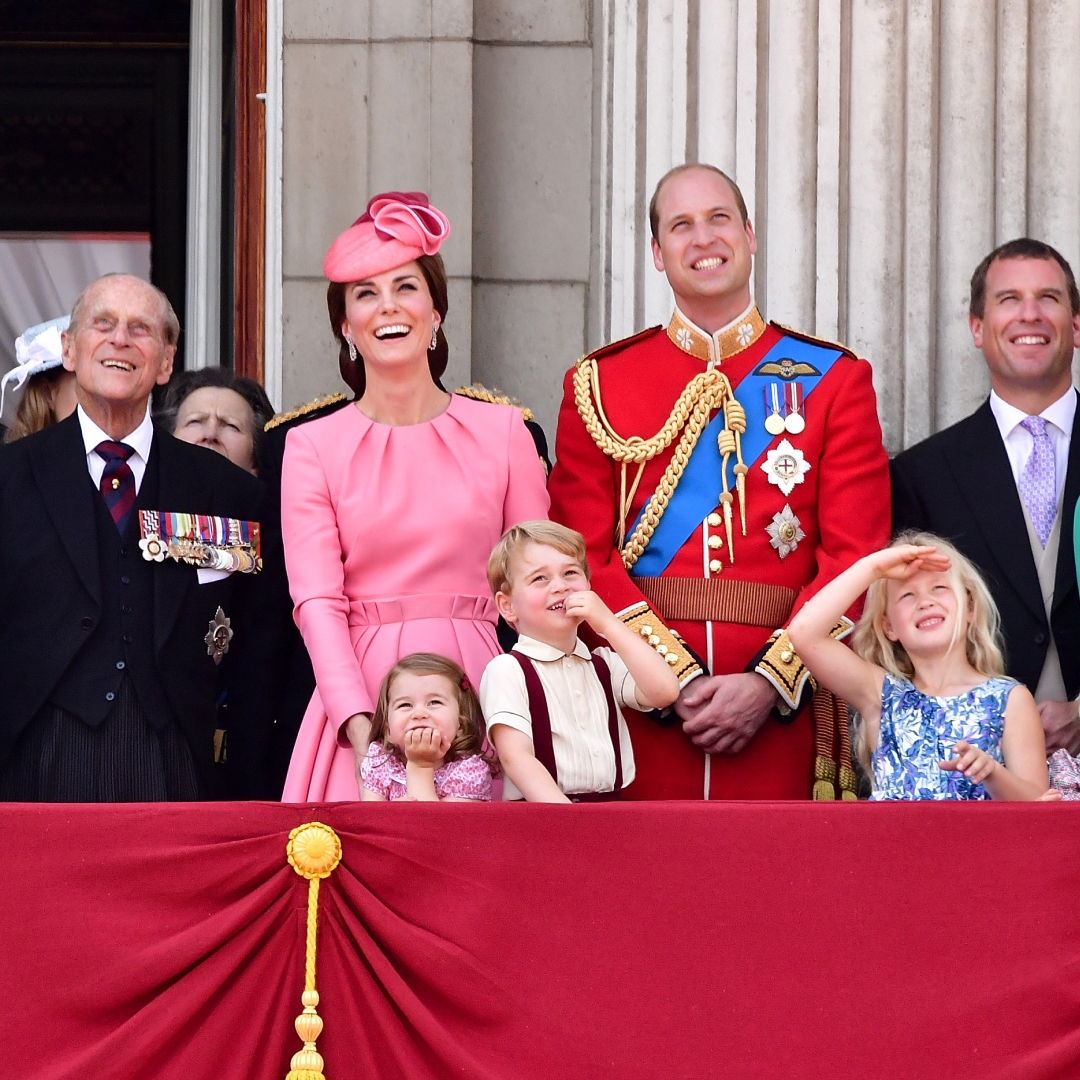
This Surprising Royal Was “The Most Popular” Among Staff
"They all love him."
By Kristin Contino Published
-
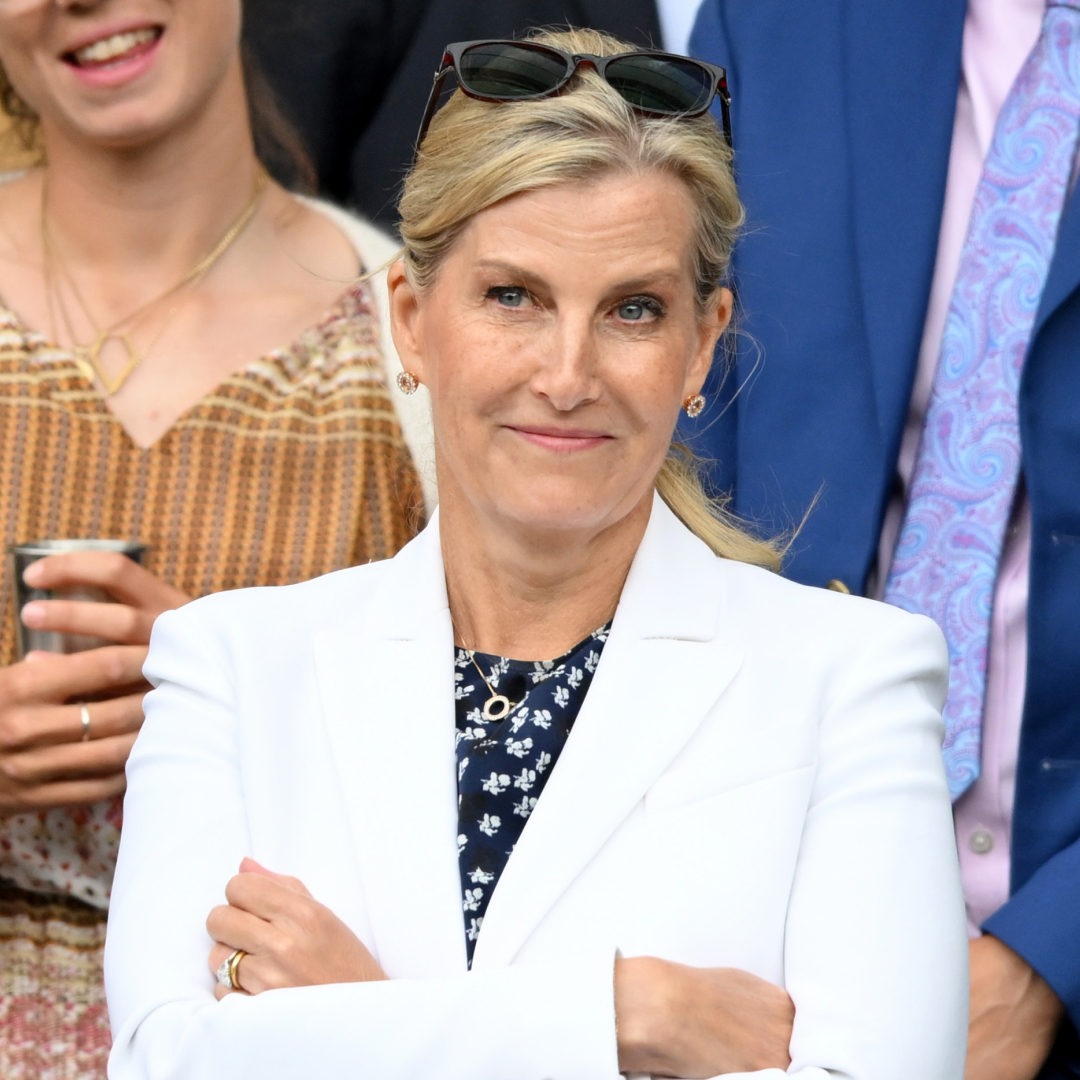
Duchess Sophie Goes from Memorial Service Appropriate to Wimbledon Cool With a Simple Blazer Swap
The Duchess of Edinburgh made a quick change.
By Kristin Contino Published
-
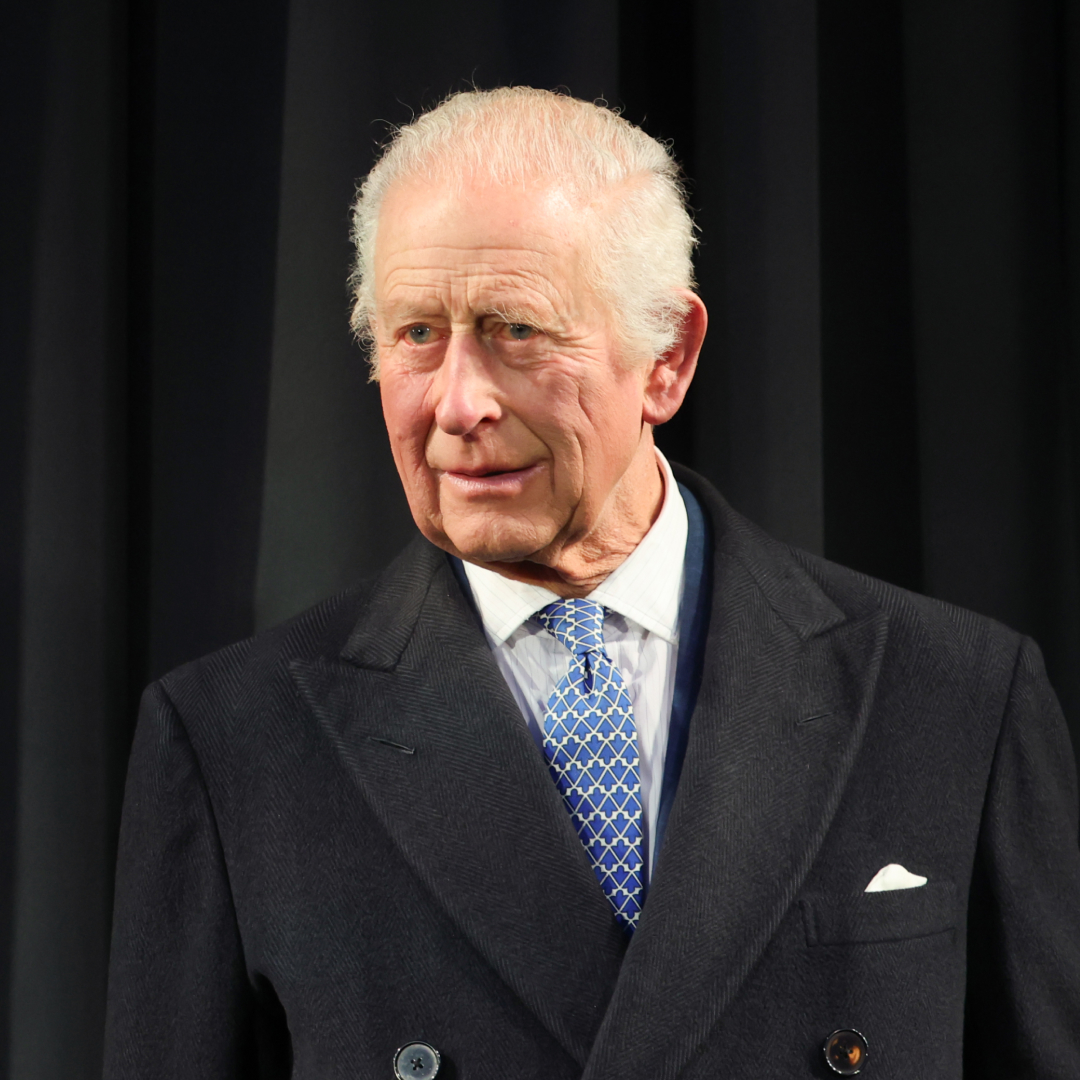
Reality Star "Mortified" After "Breaking Royal Protocol"
"King Charles kept looking towards her."
By Amy Mackelden Published
-
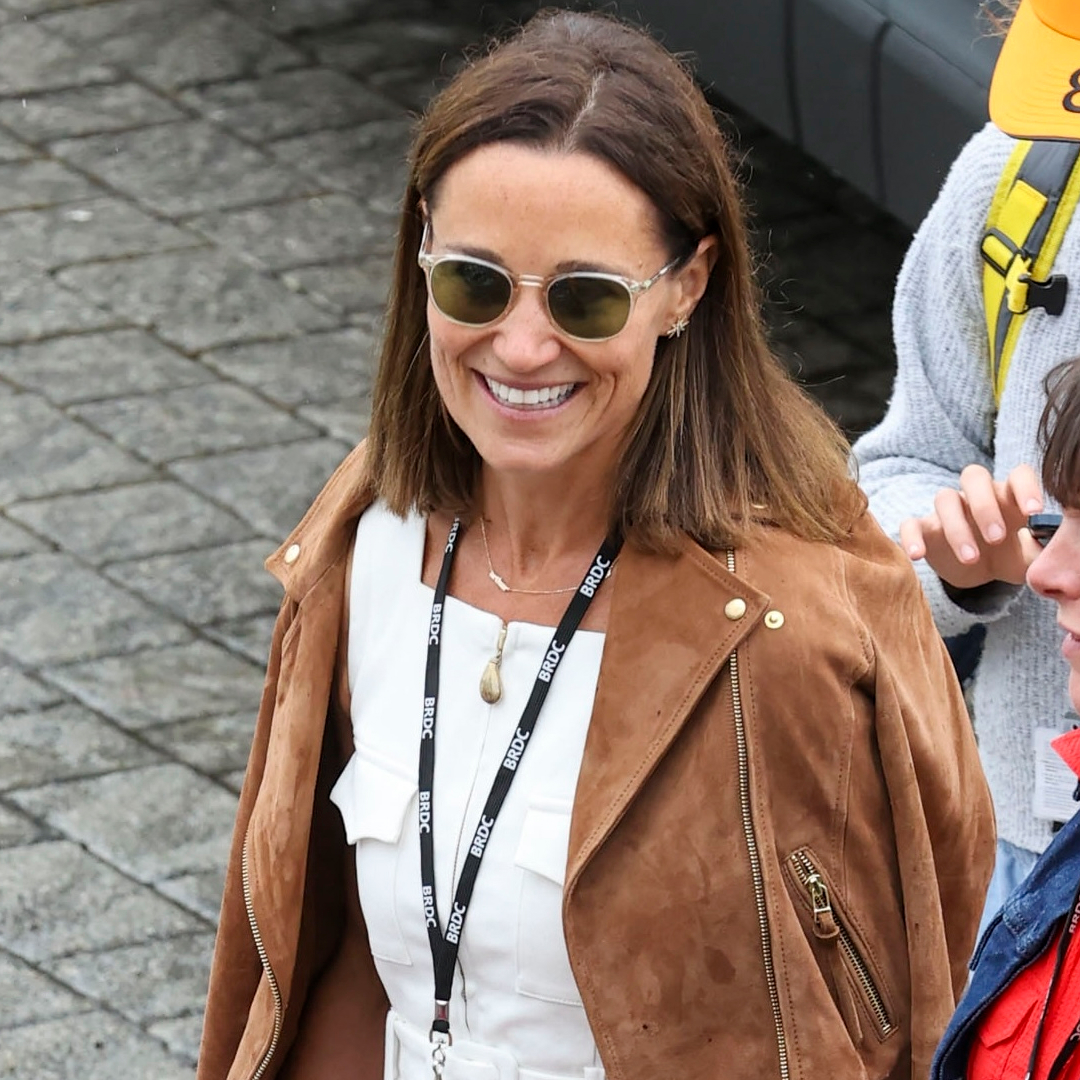
Pippa Middleton Wears Duchess Sophie's Favorite Summer Shoe Trend
Princess Kate's sister enjoyed a rare outing with her husband at the British Grand Prix.
By Kristin Contino Published
-
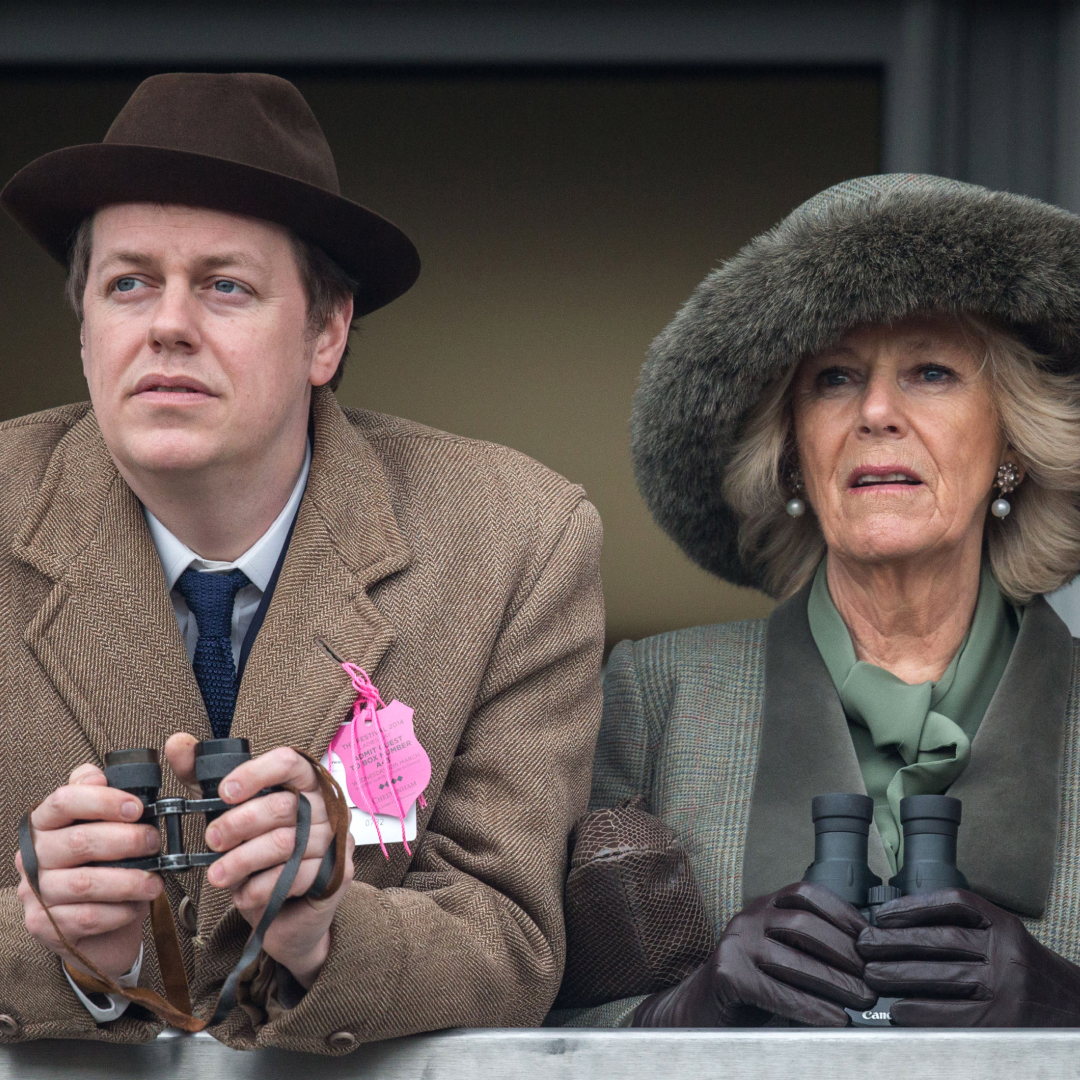
The Motto Queen Camilla Held on to "Whenever Things Got Bad"
"That's what's kept her going, I think."
By Amy Mackelden Published
